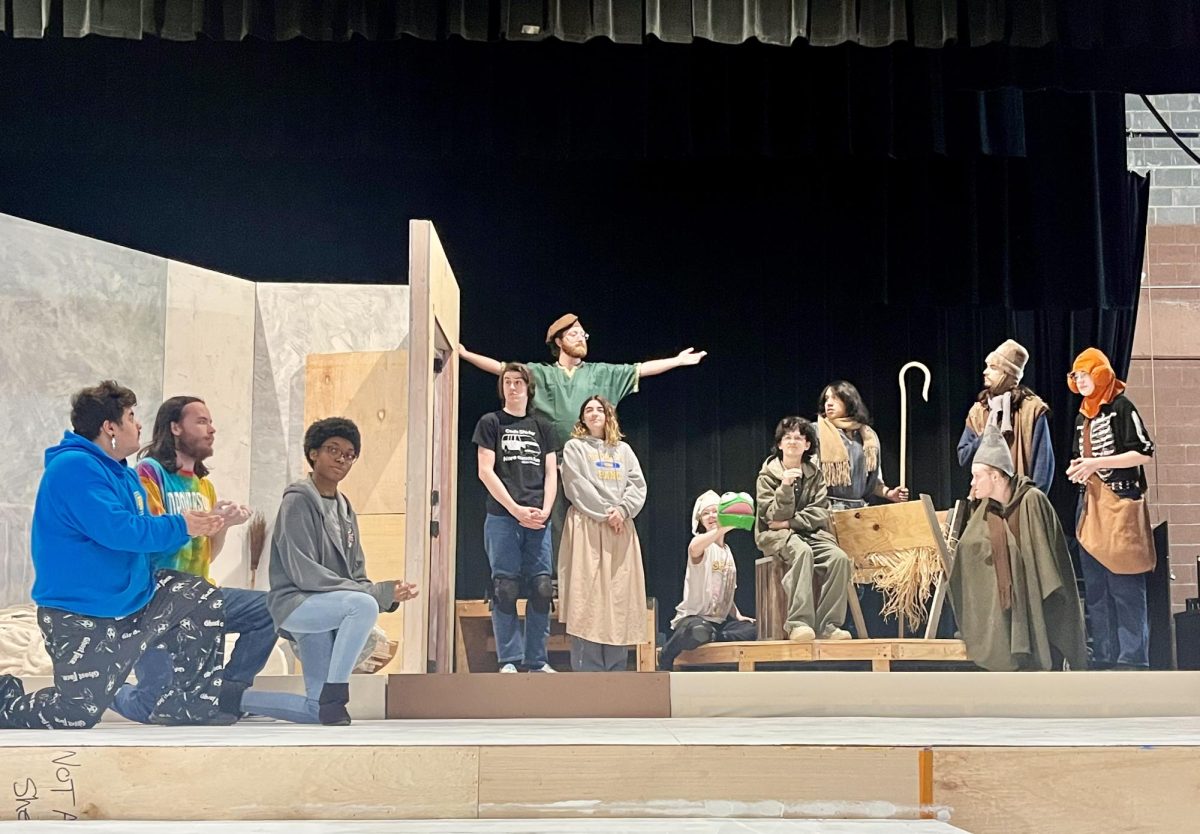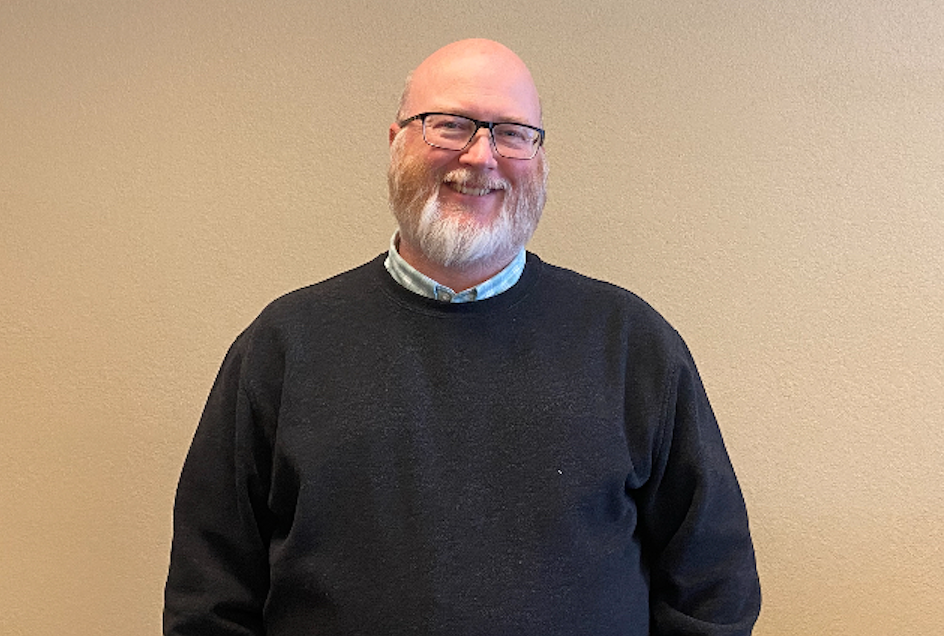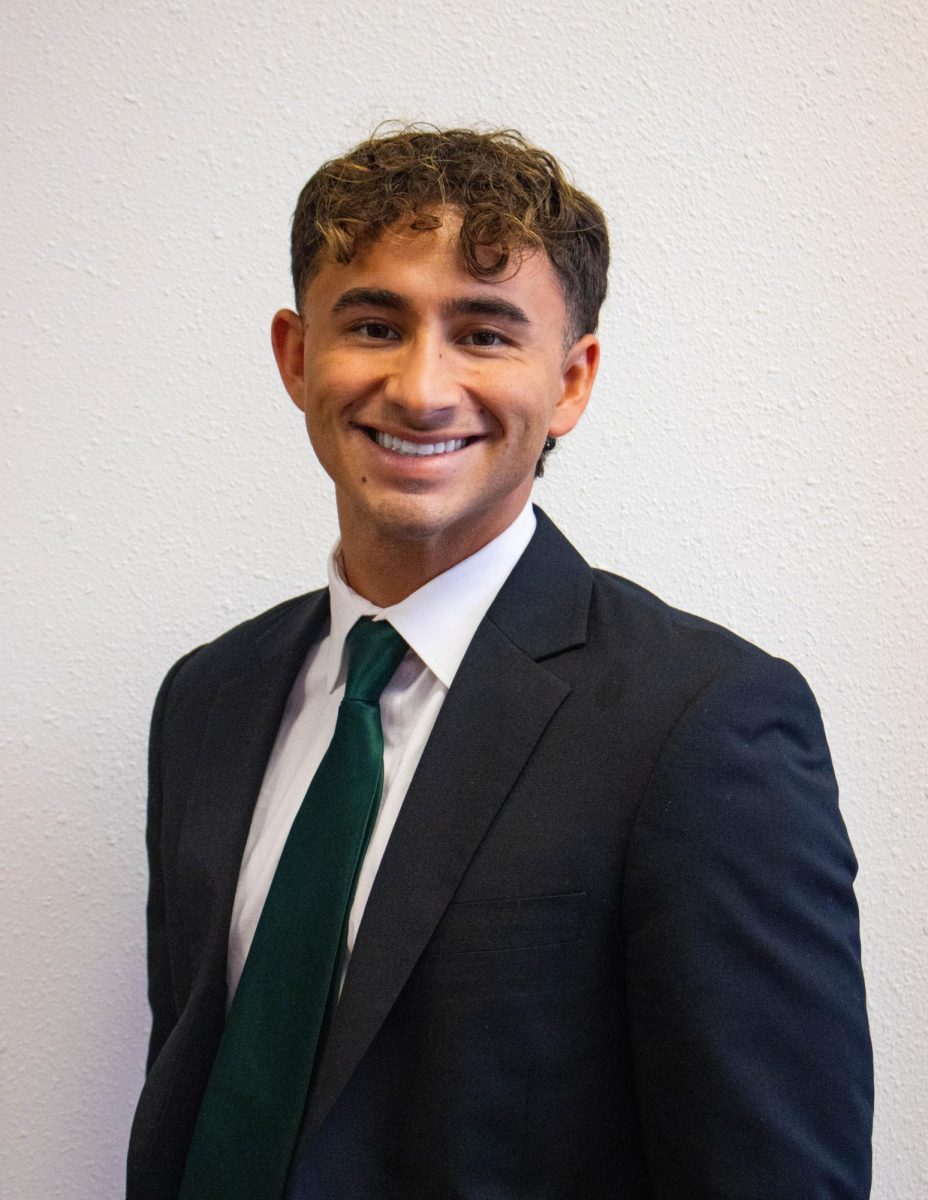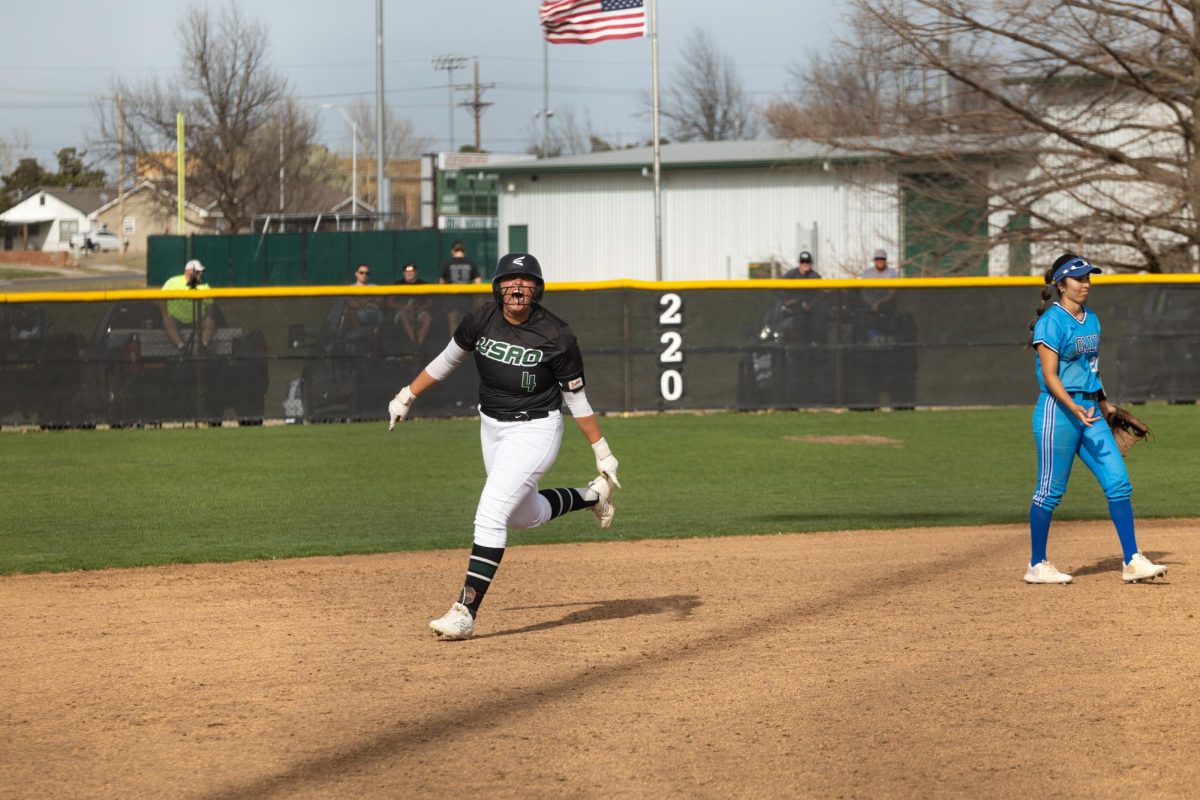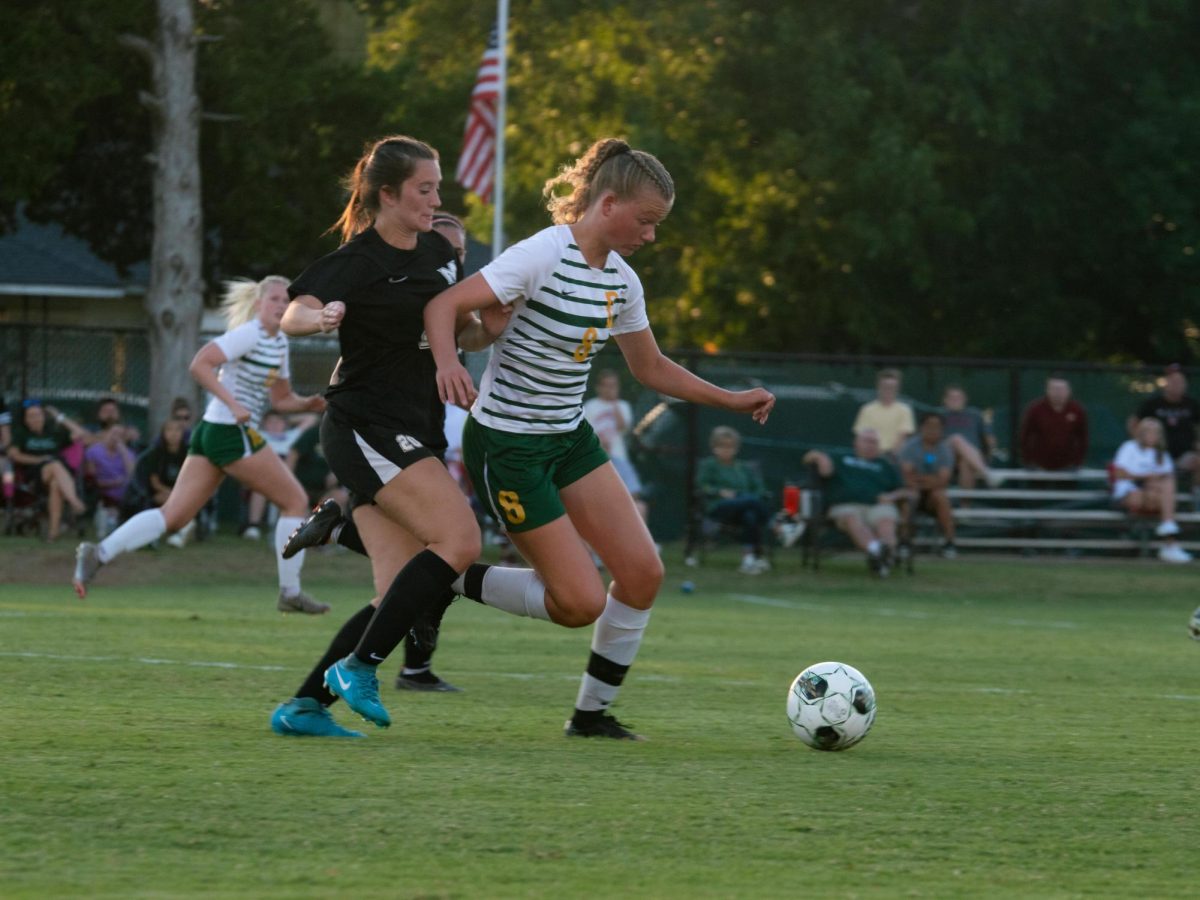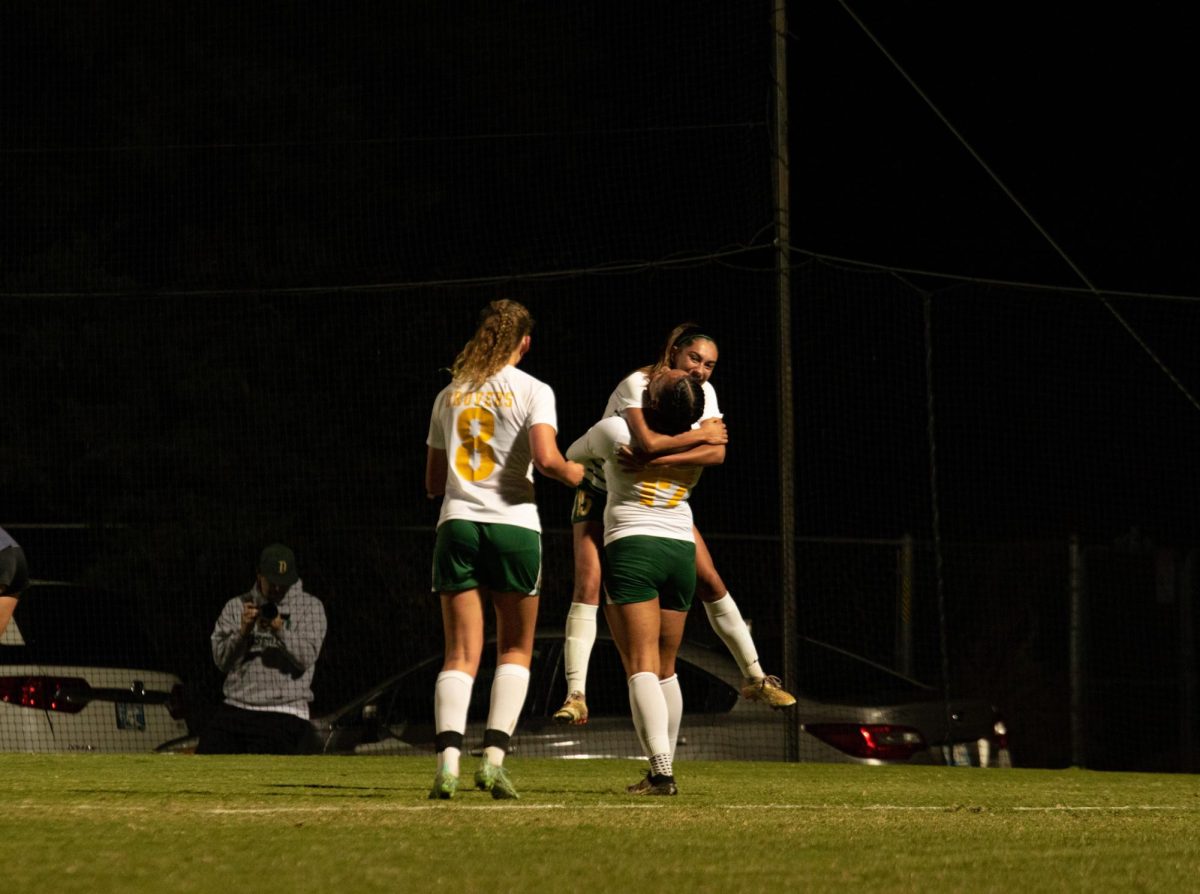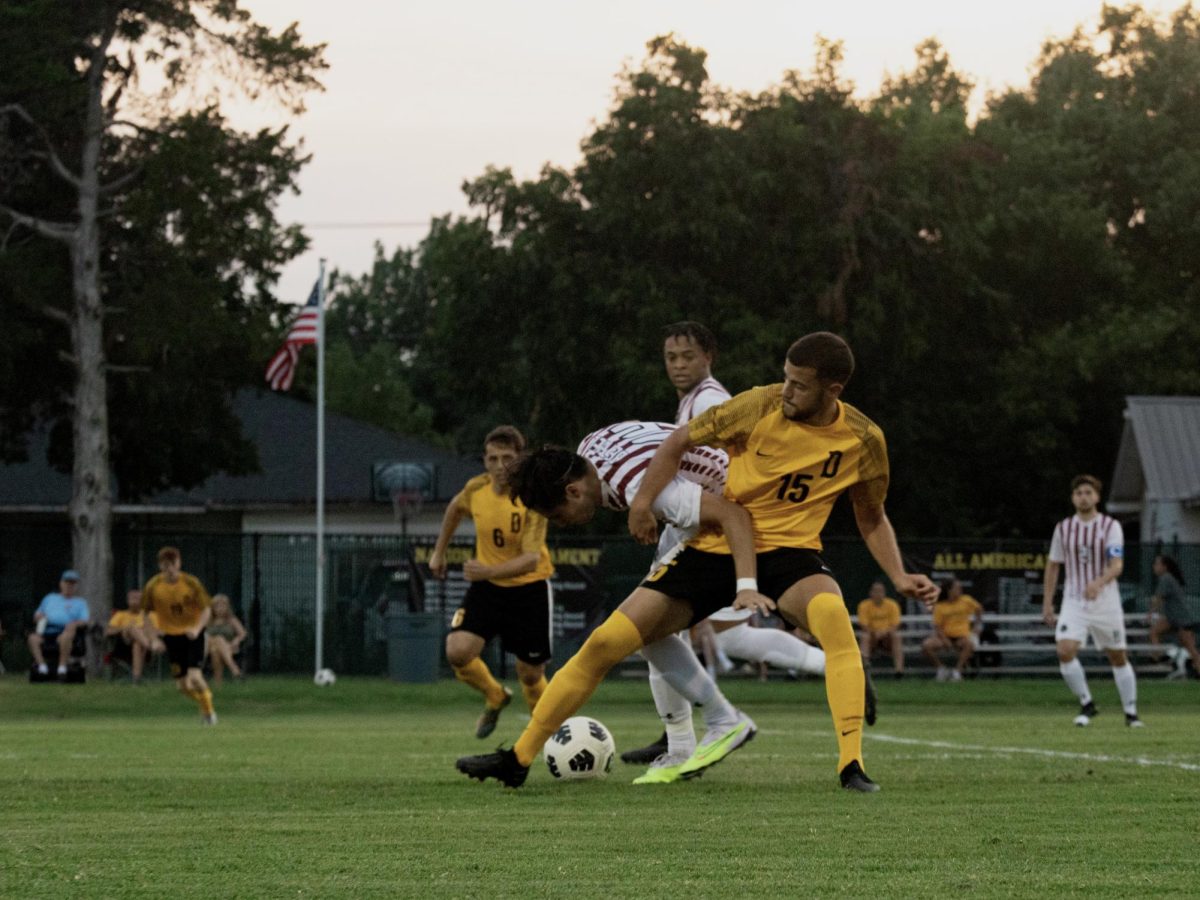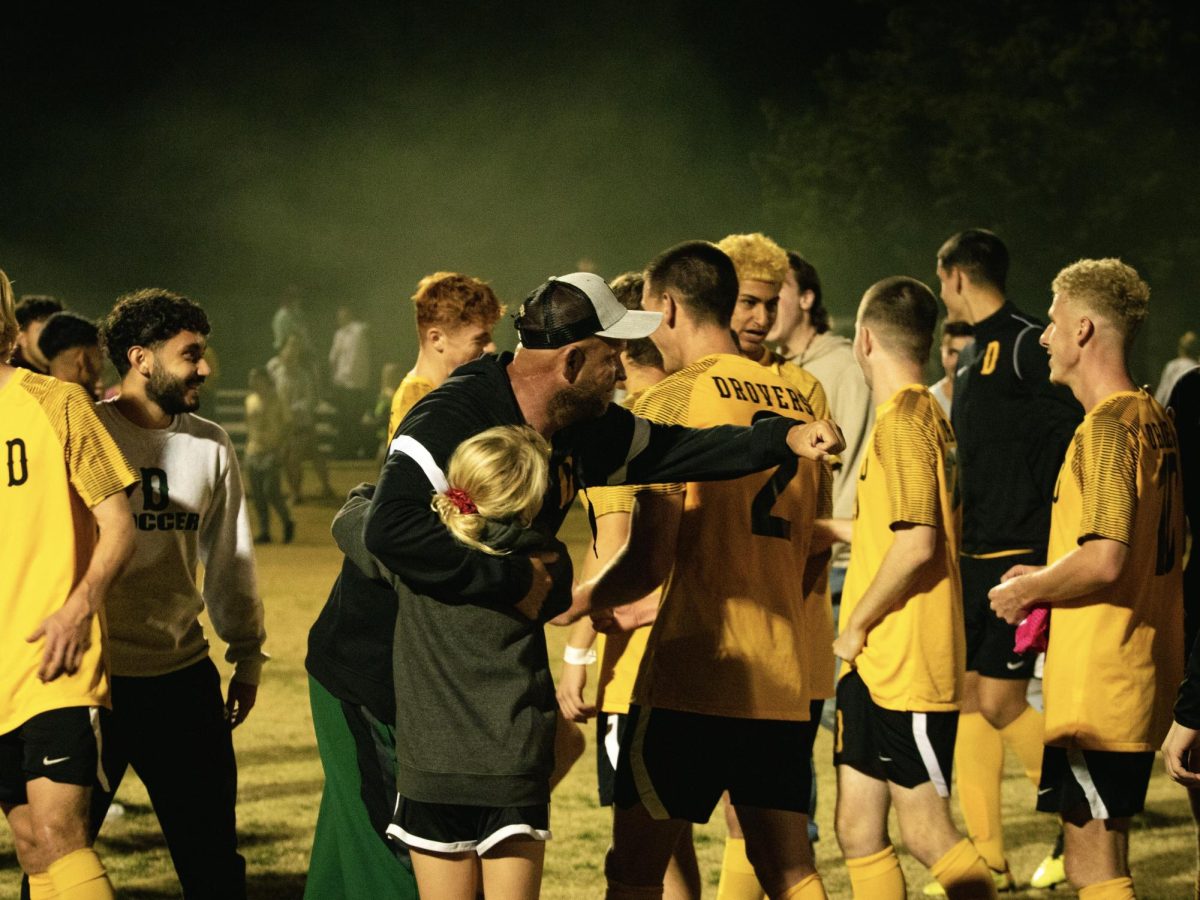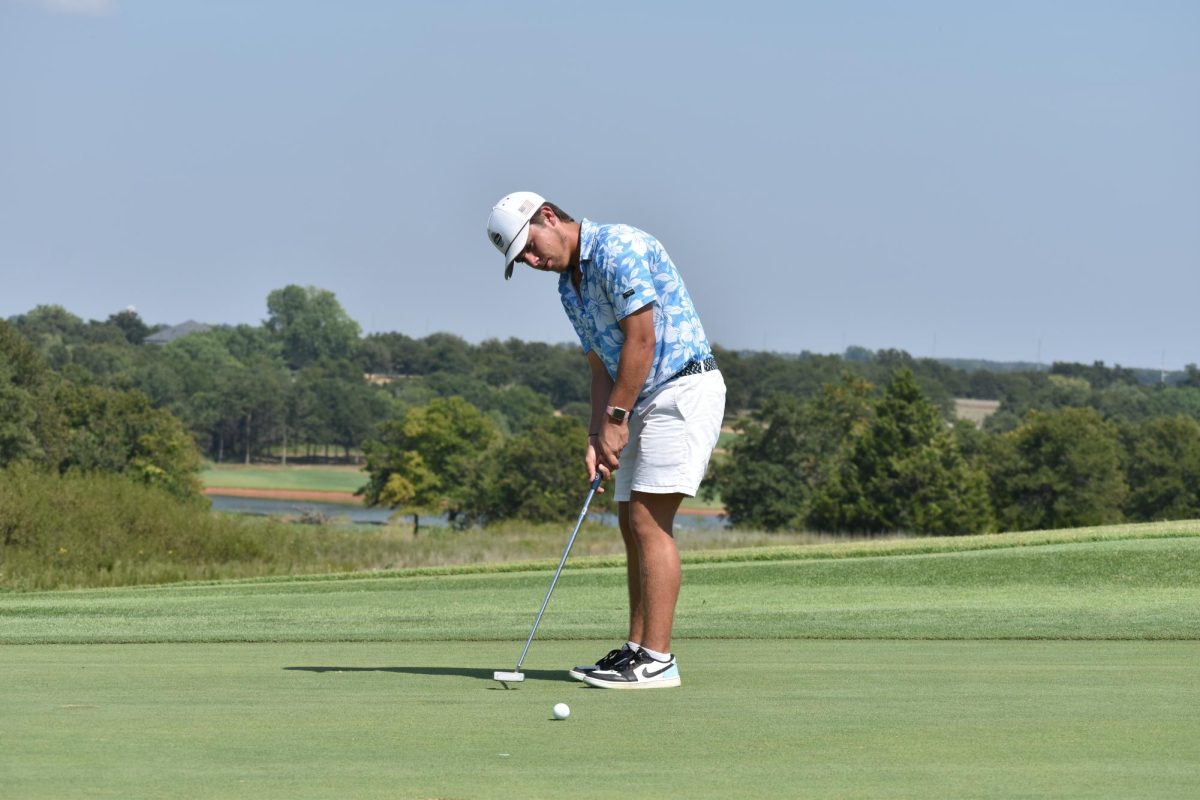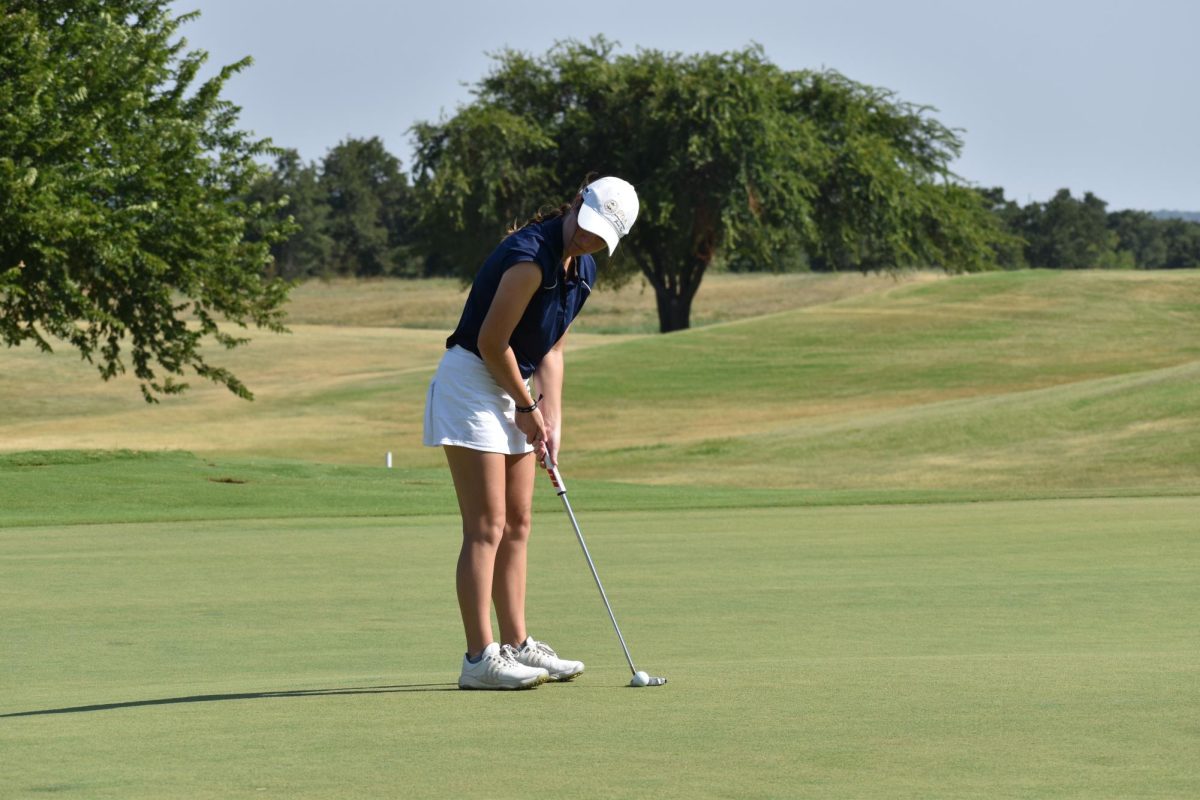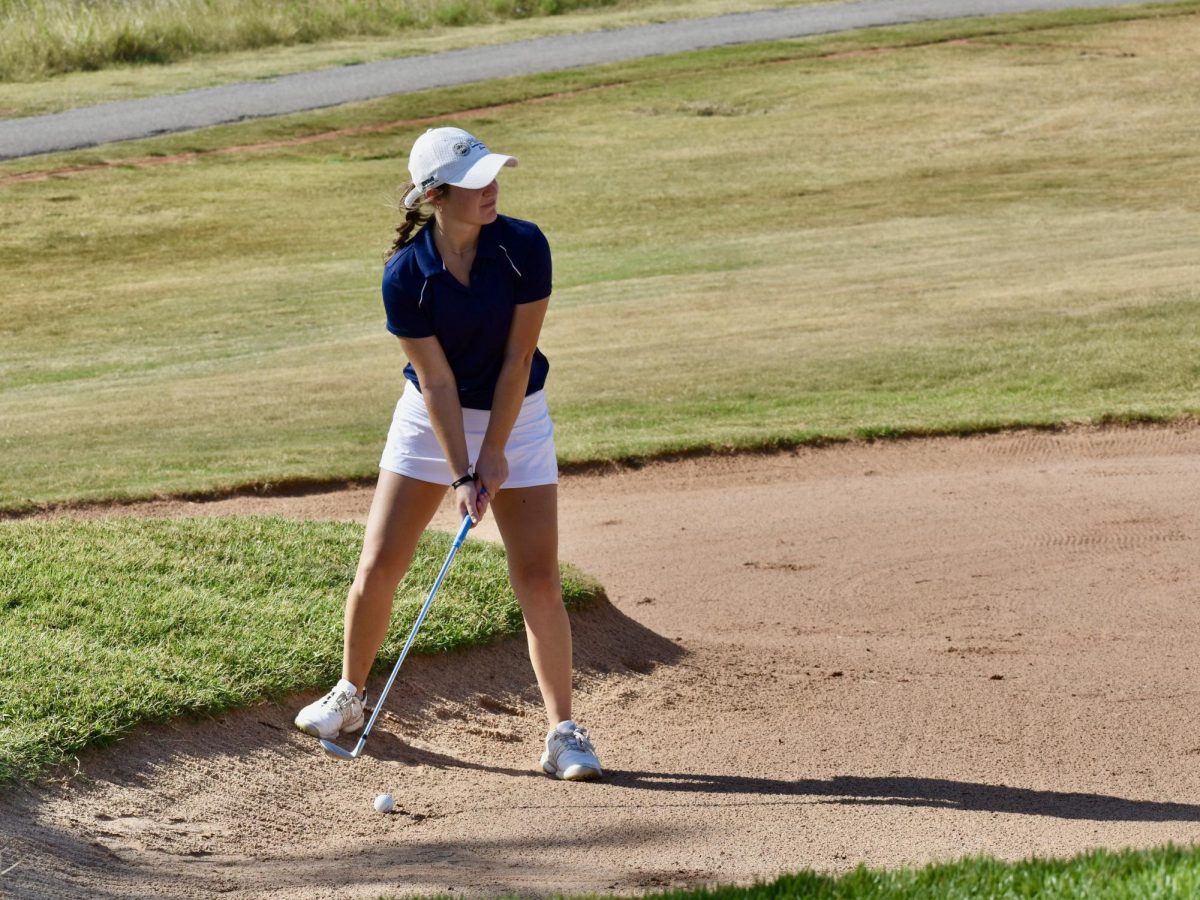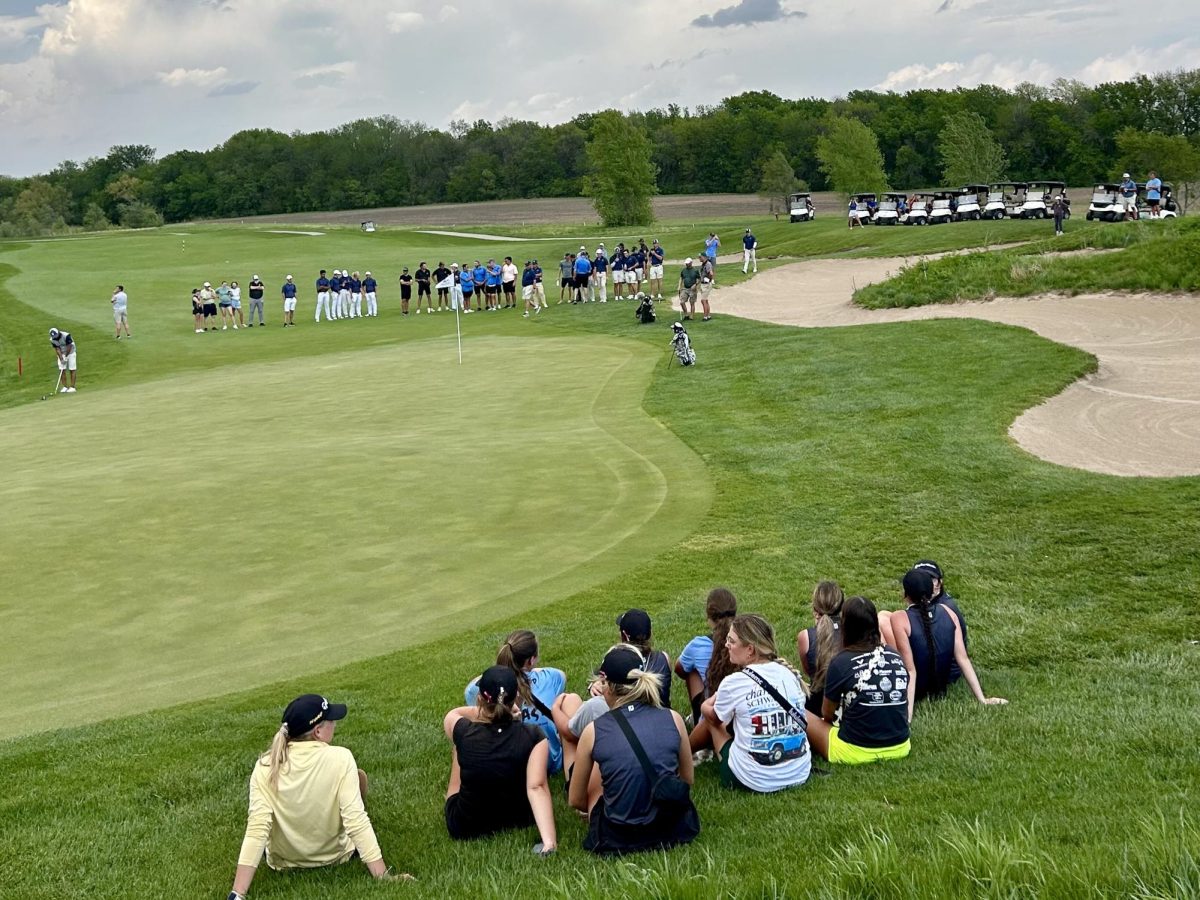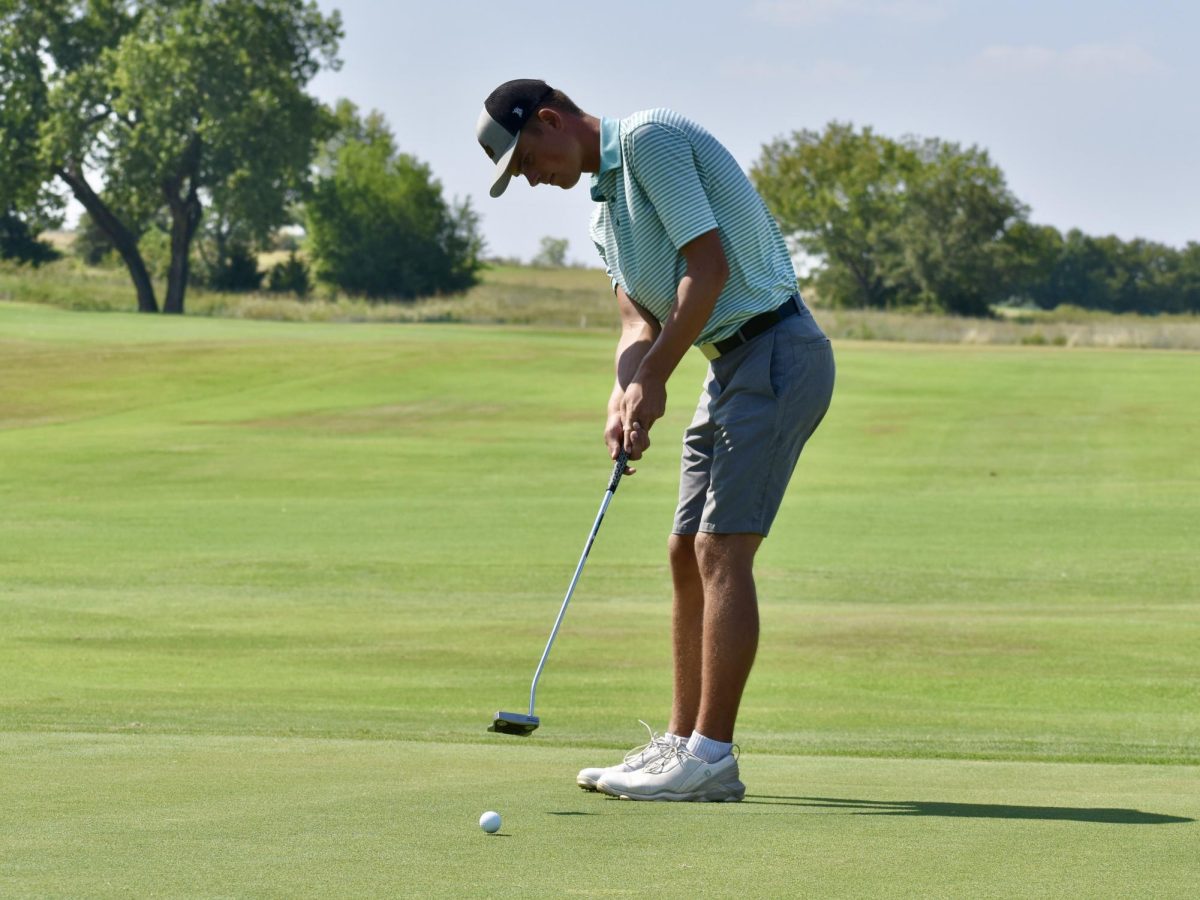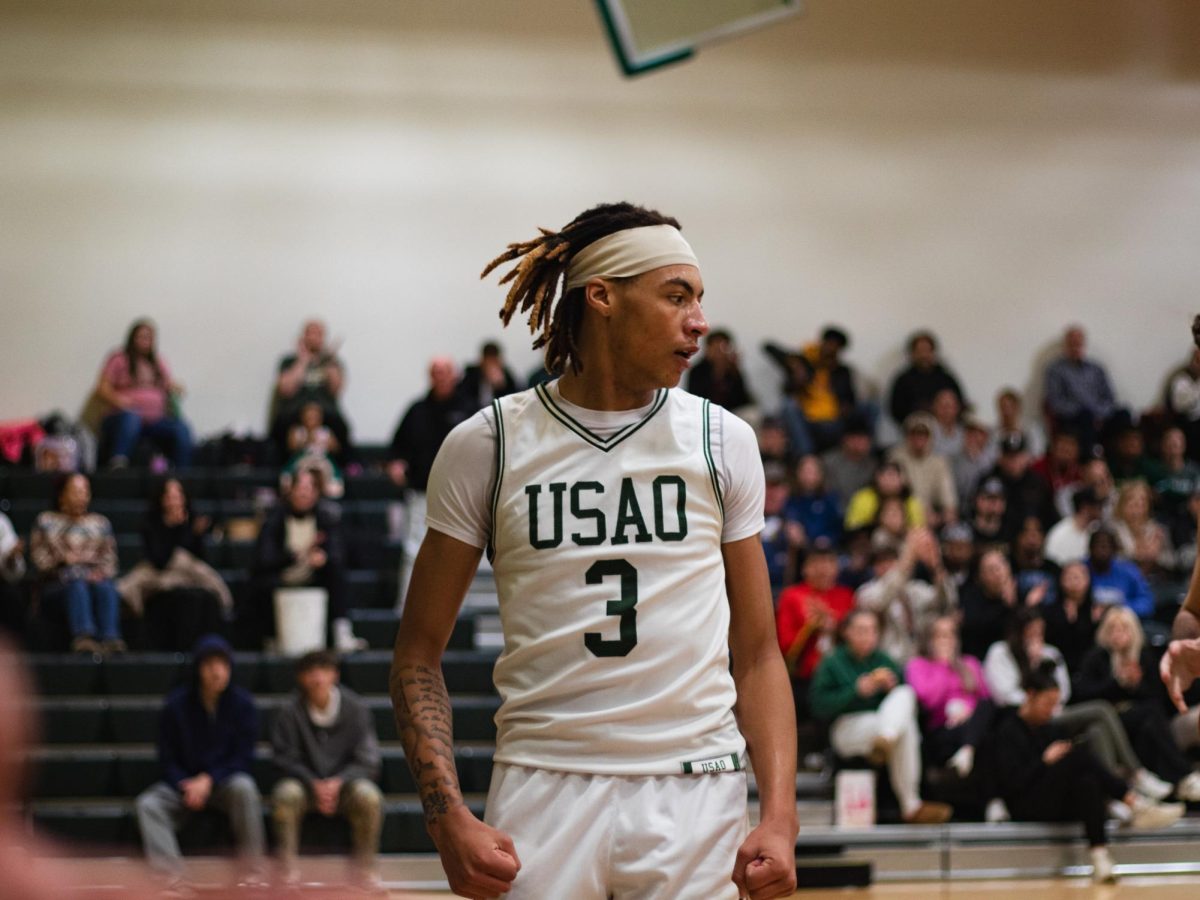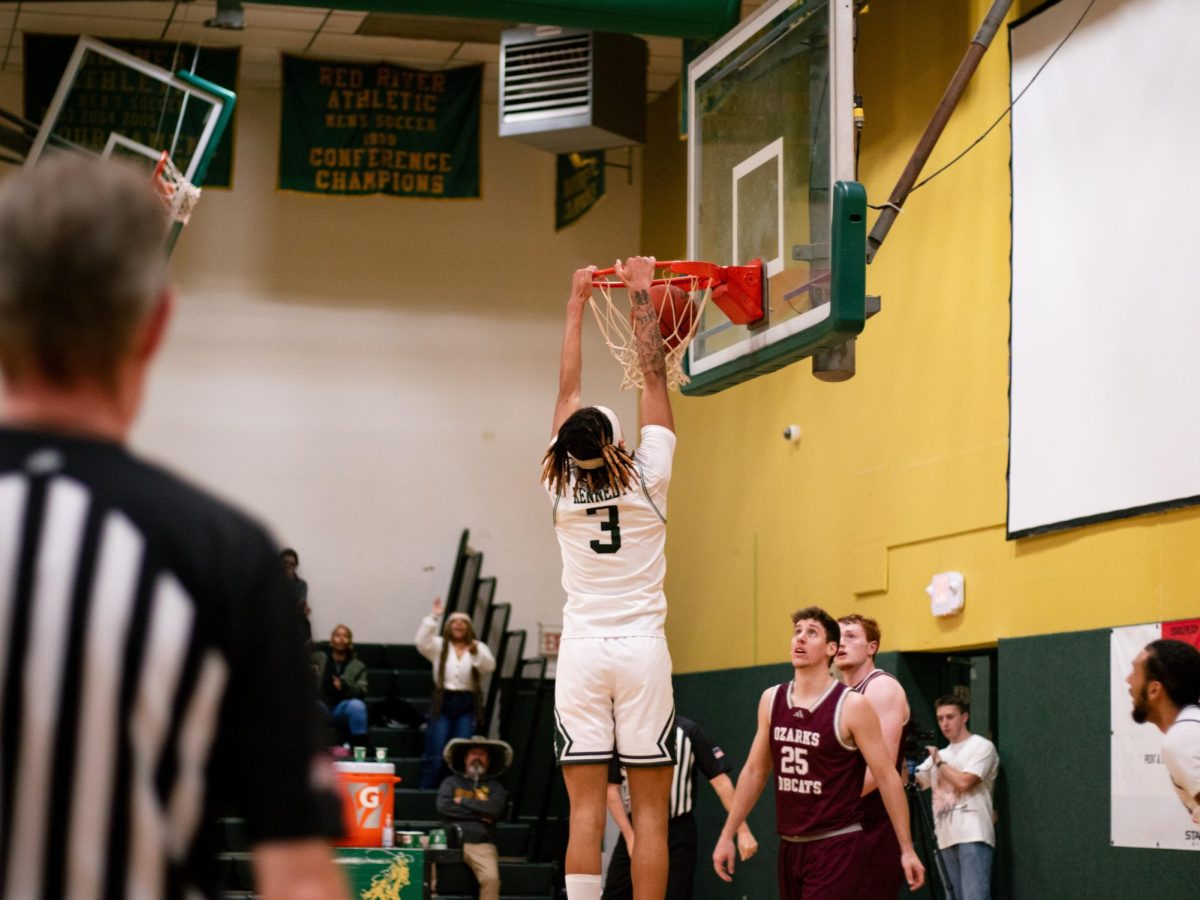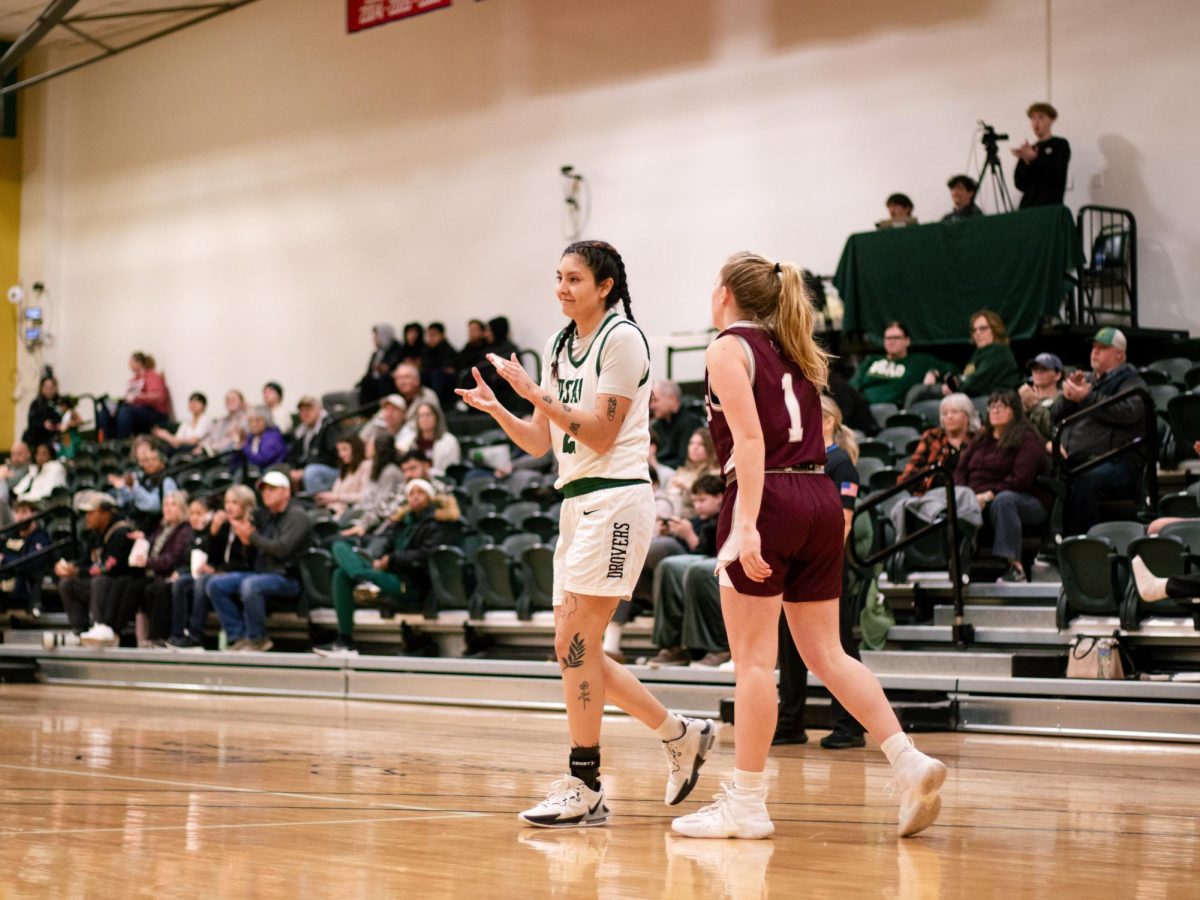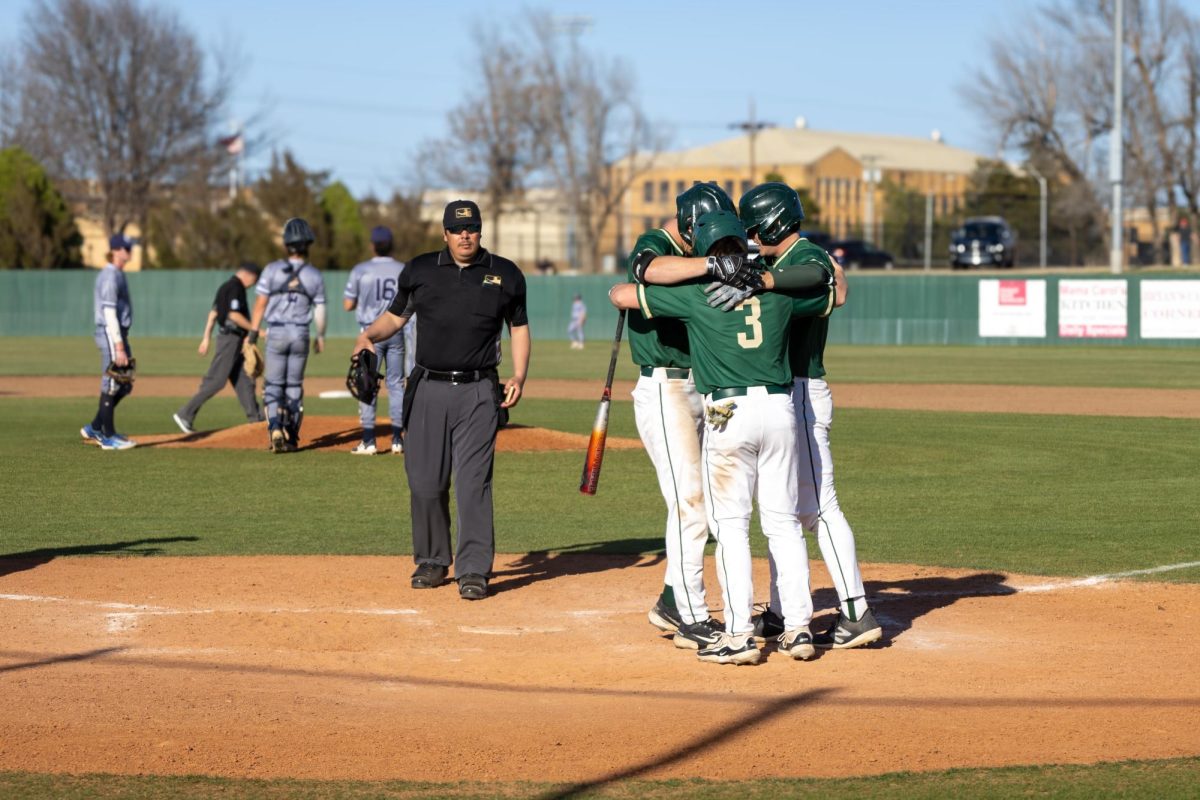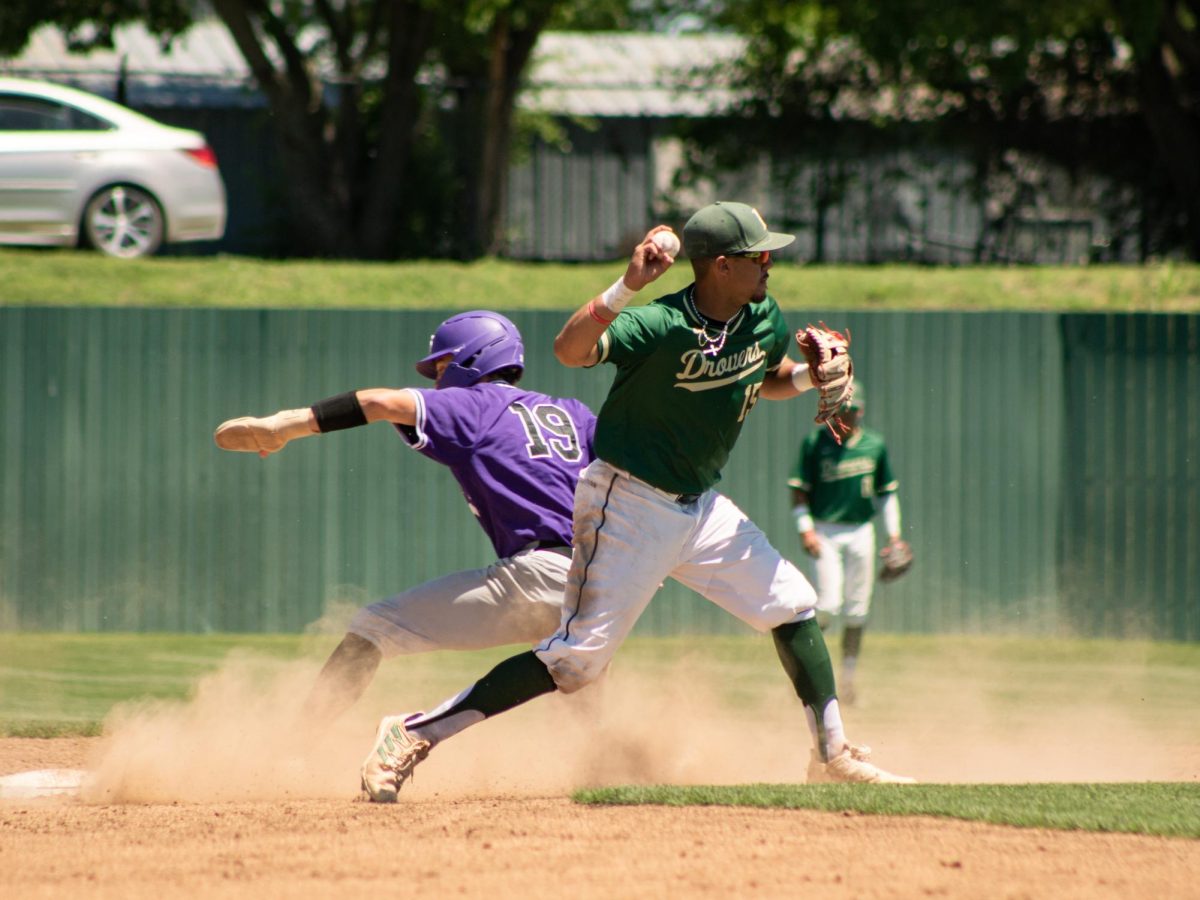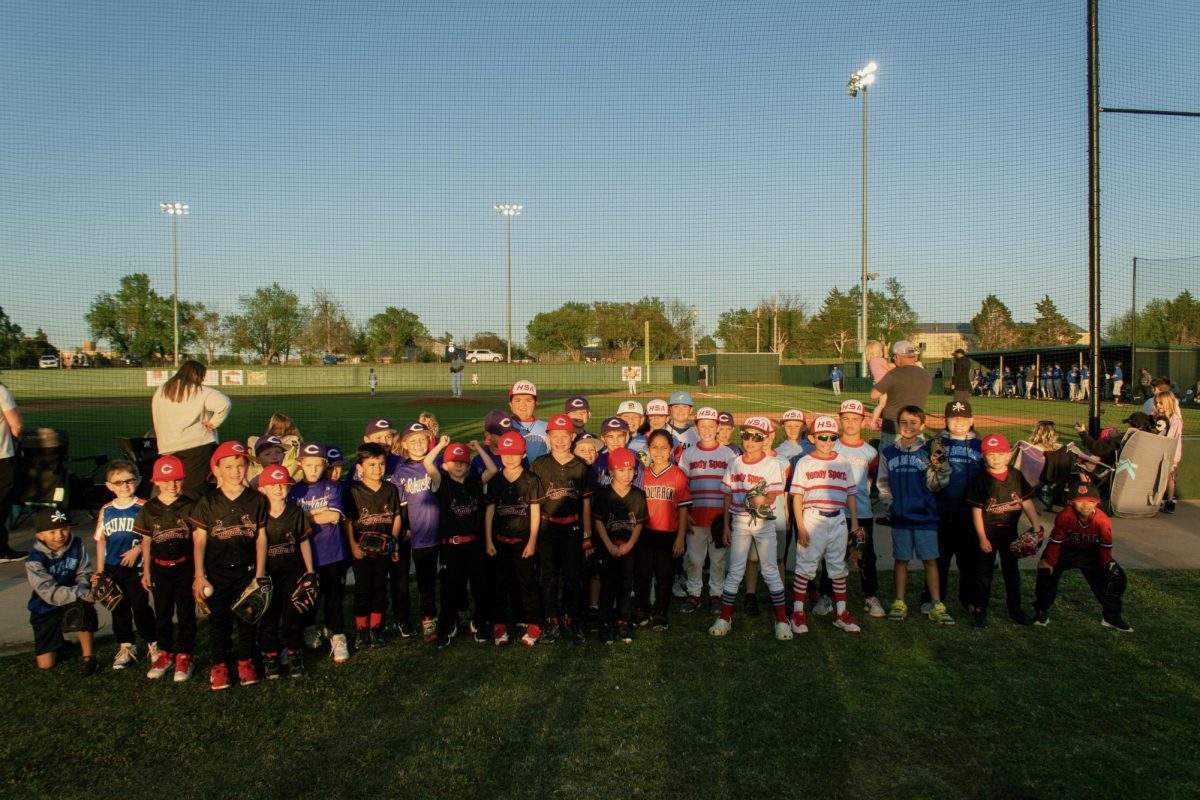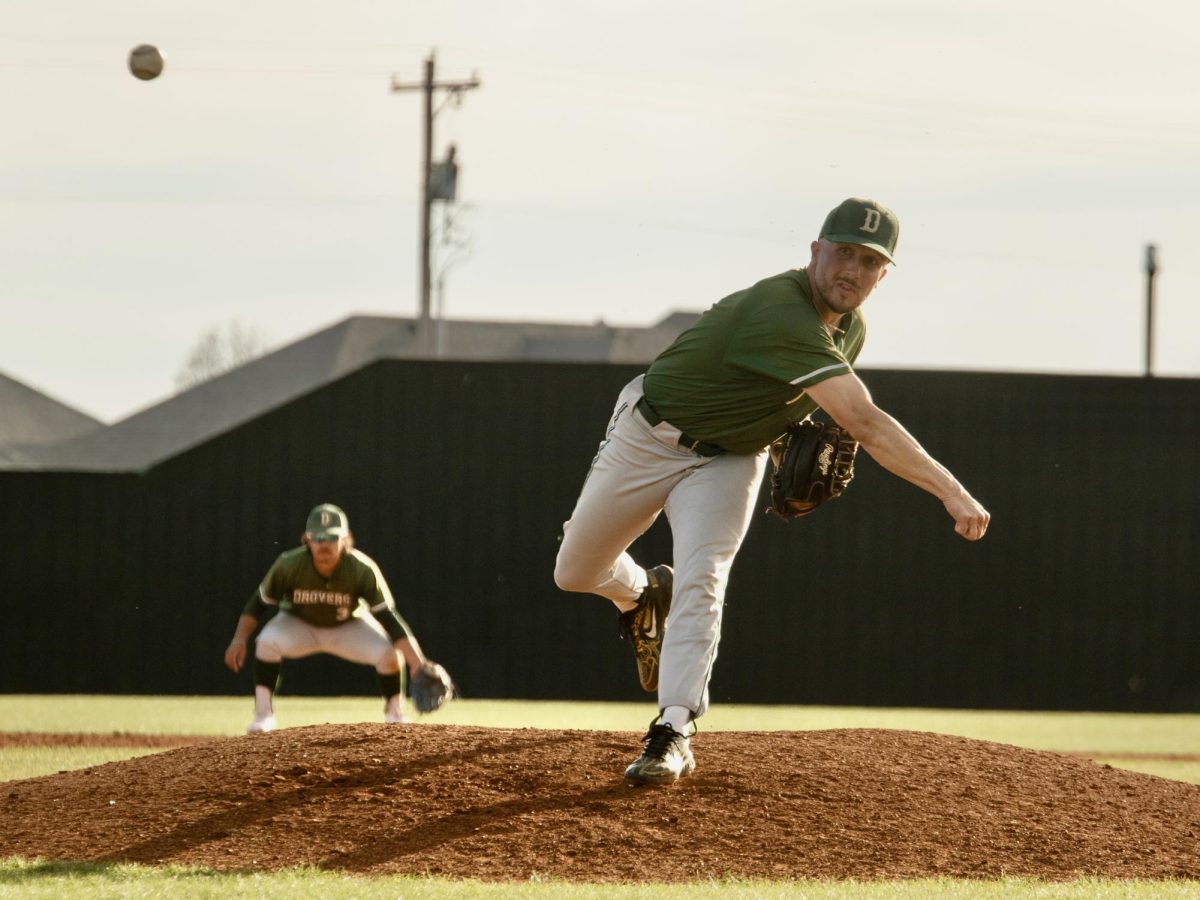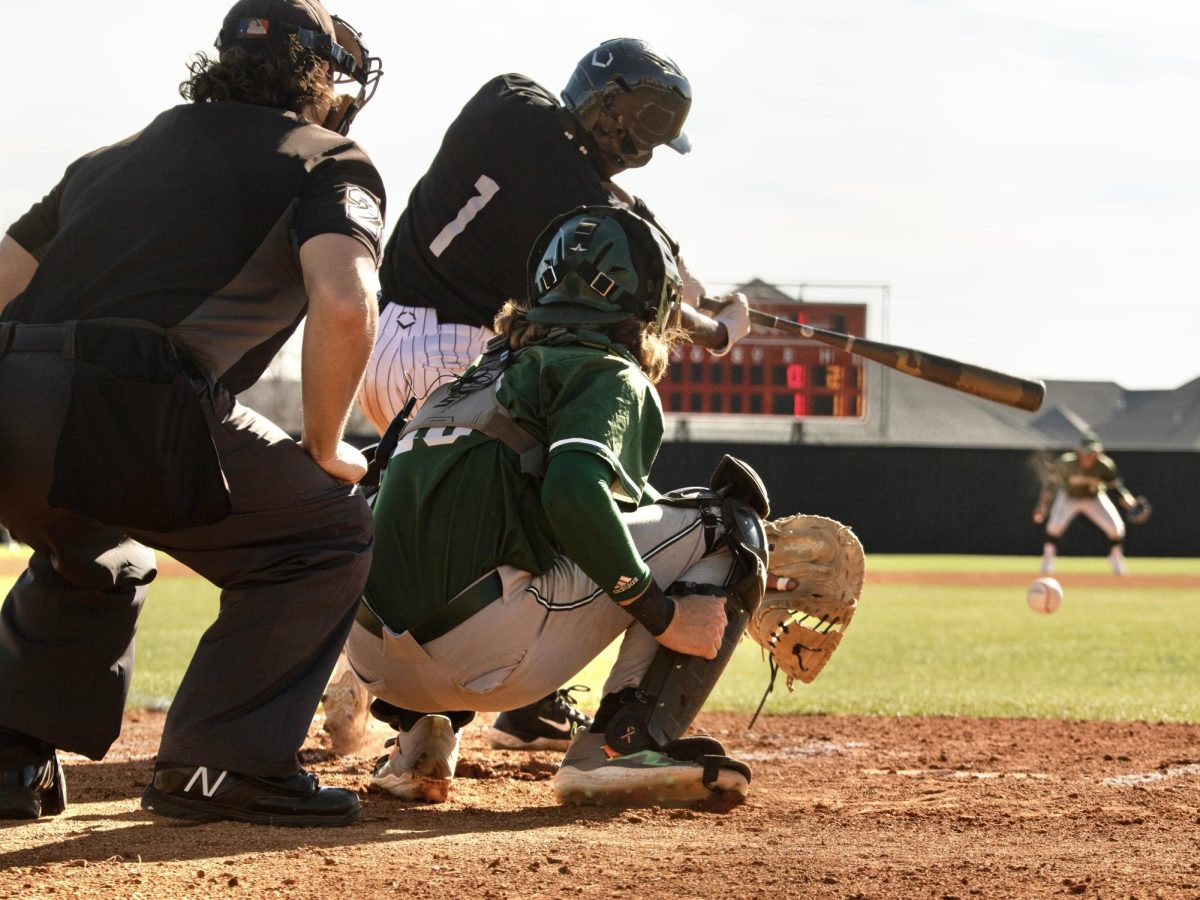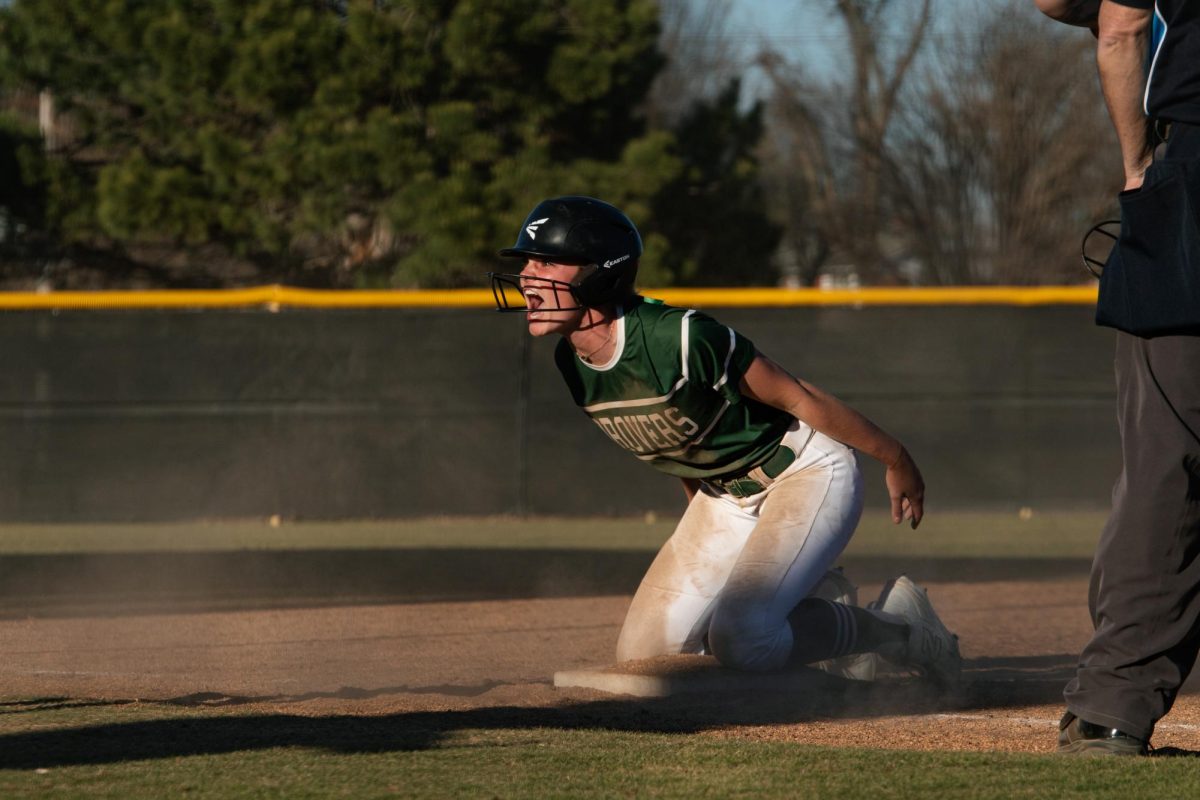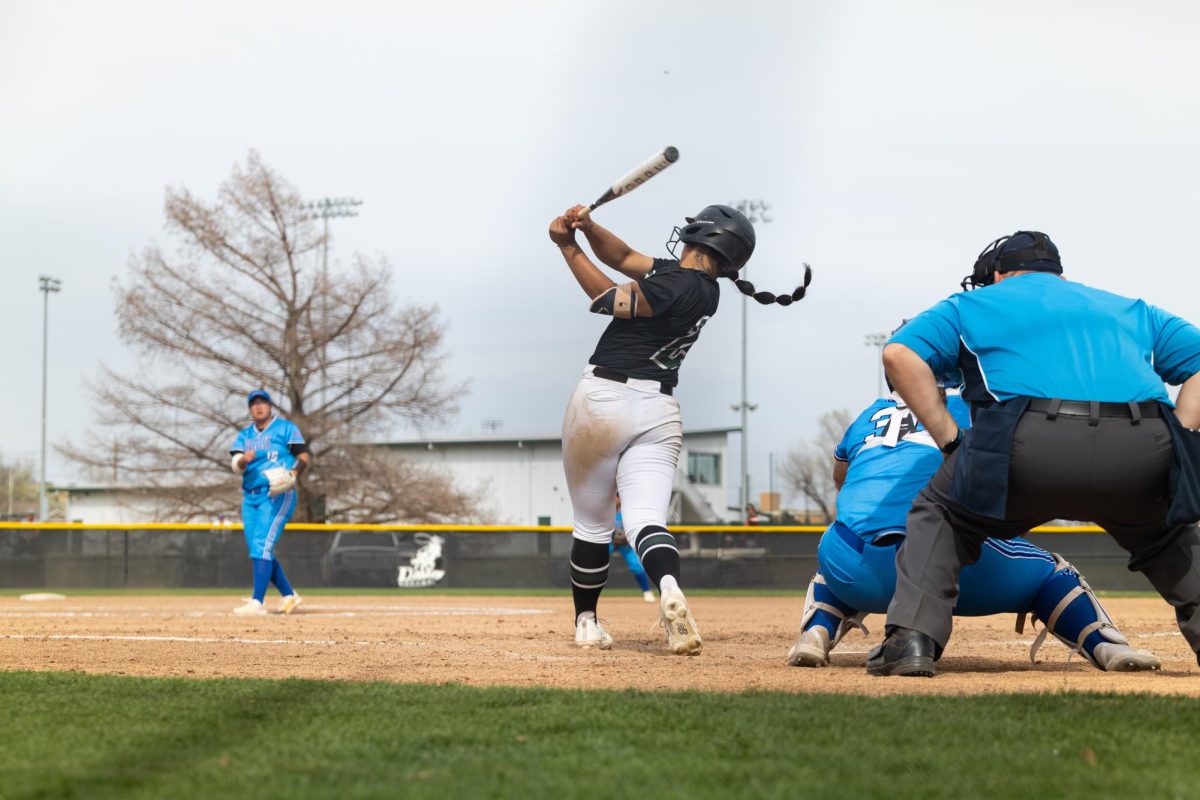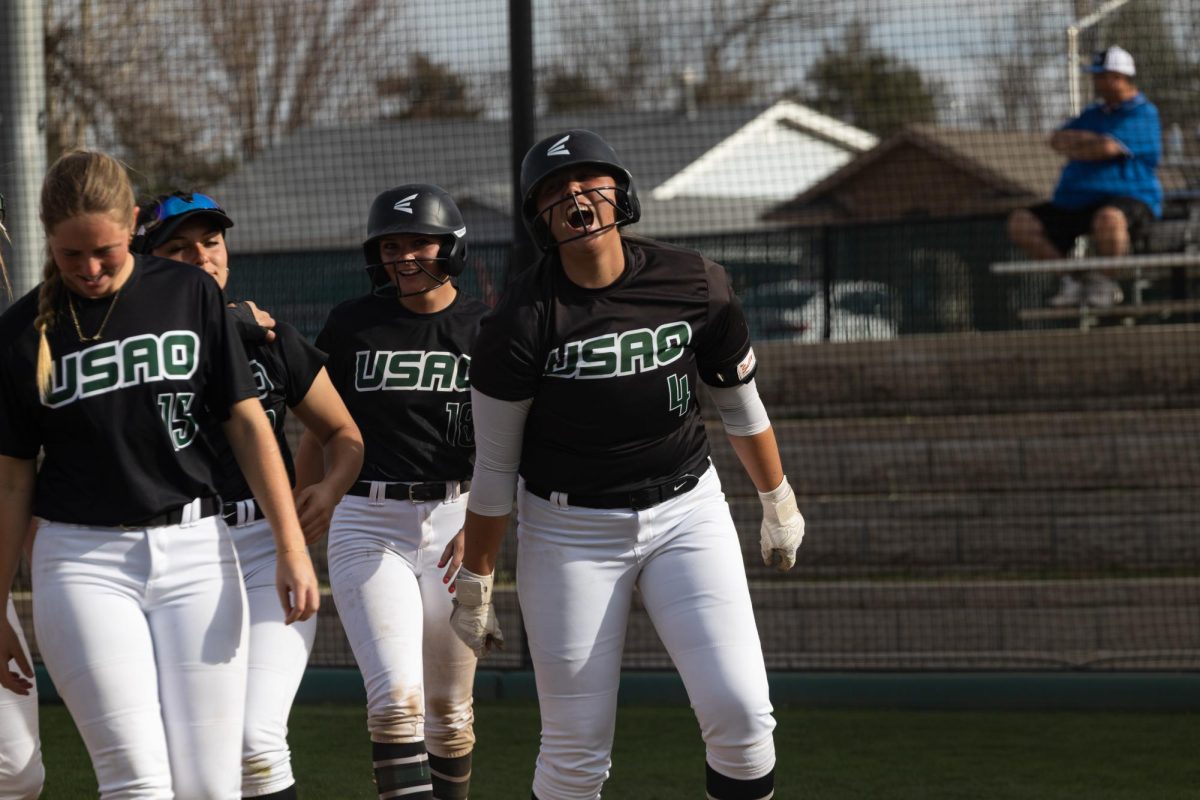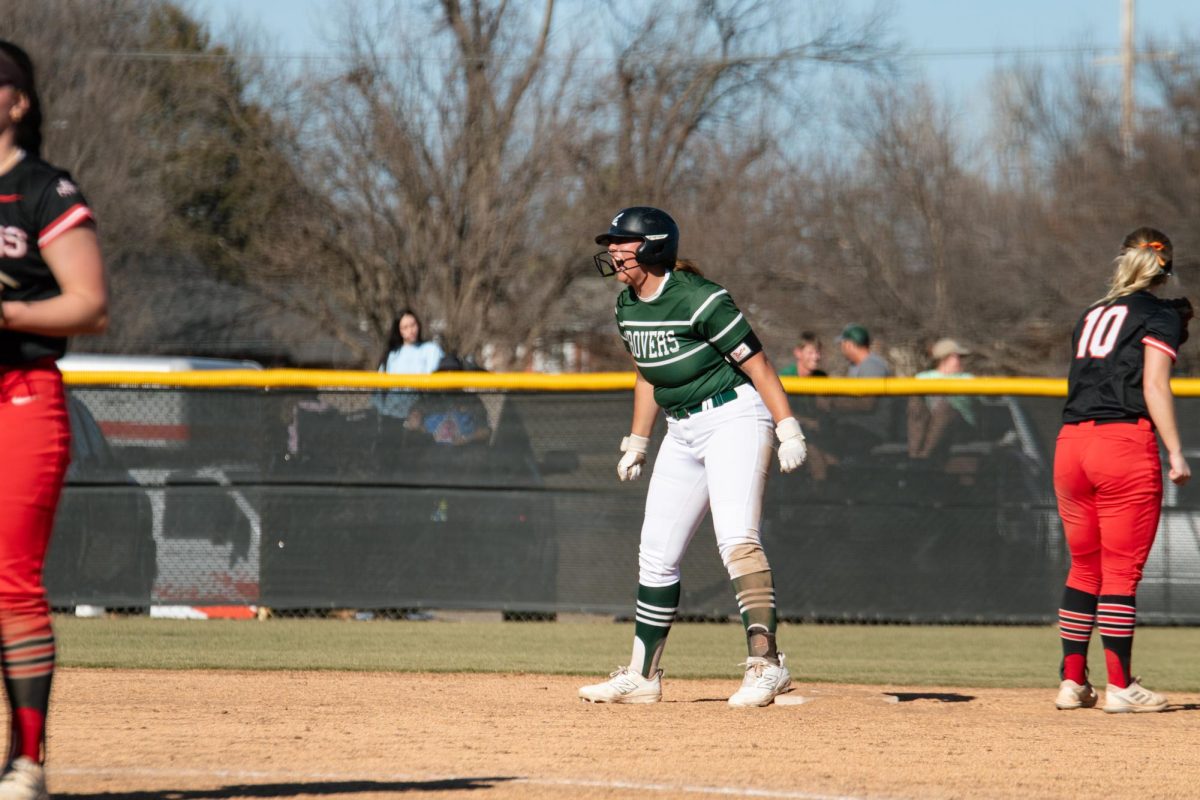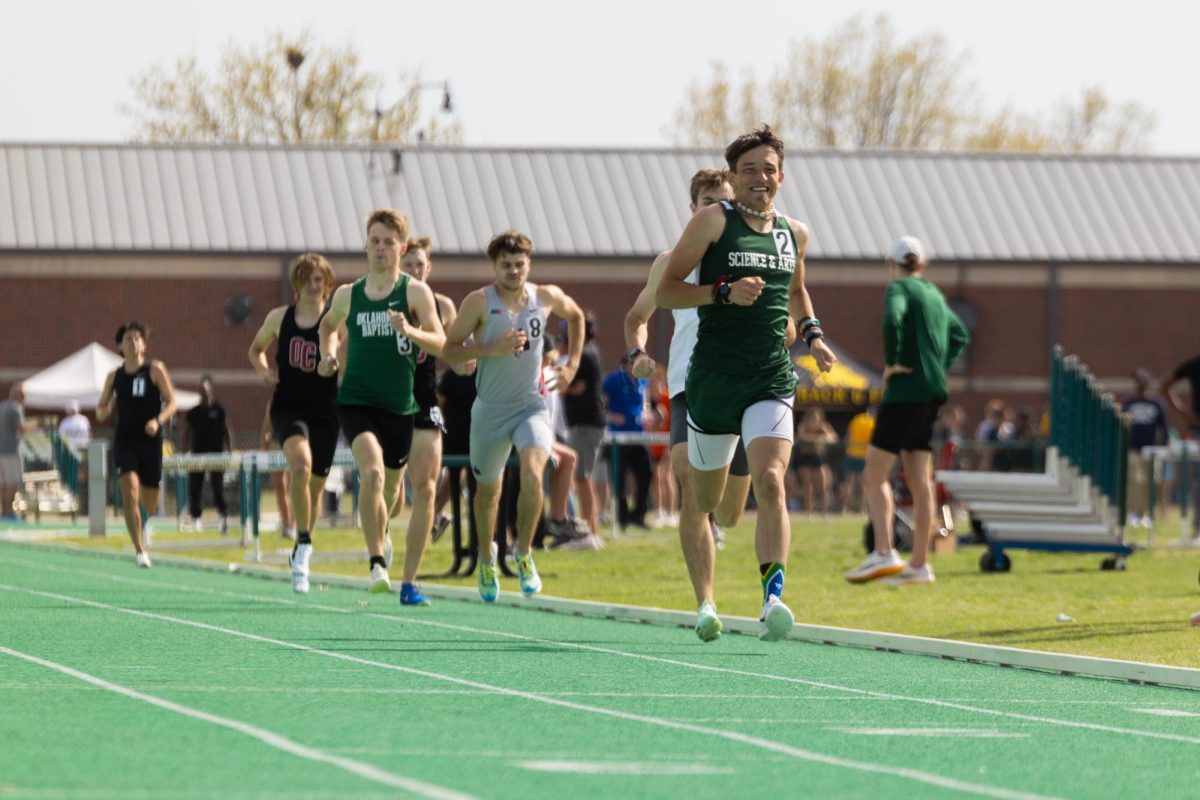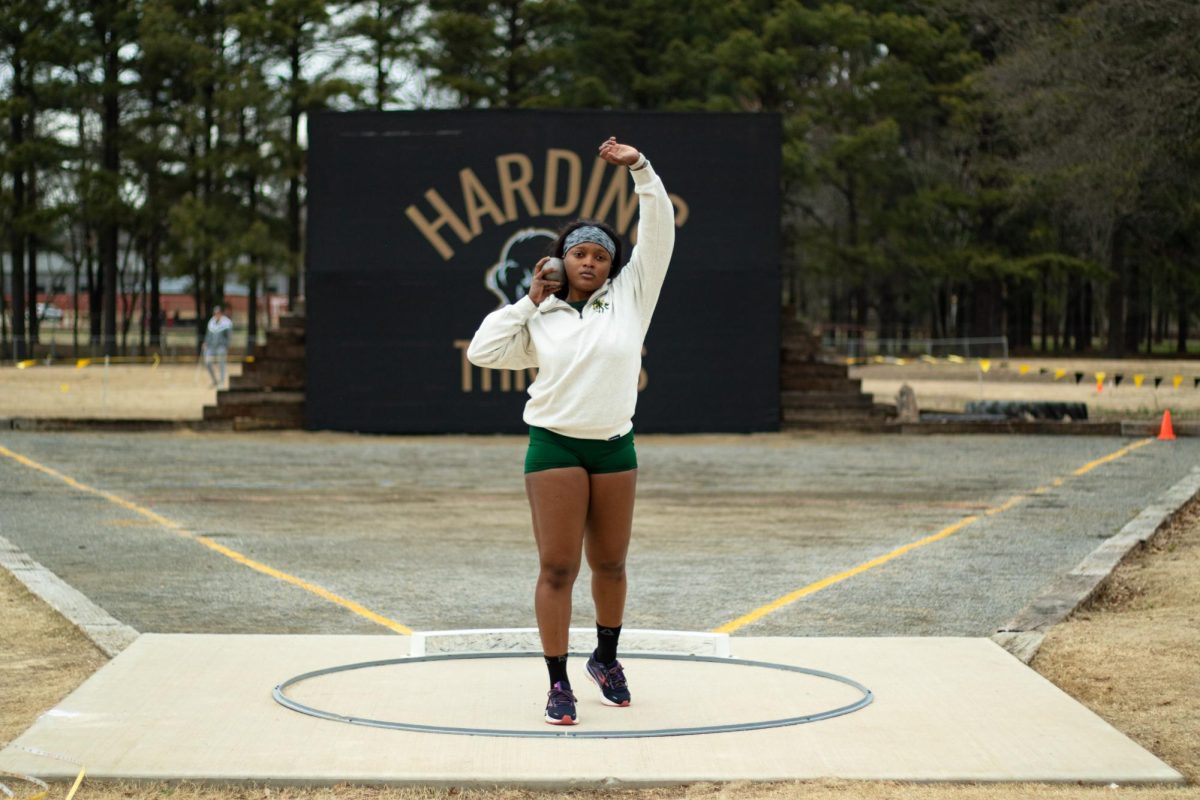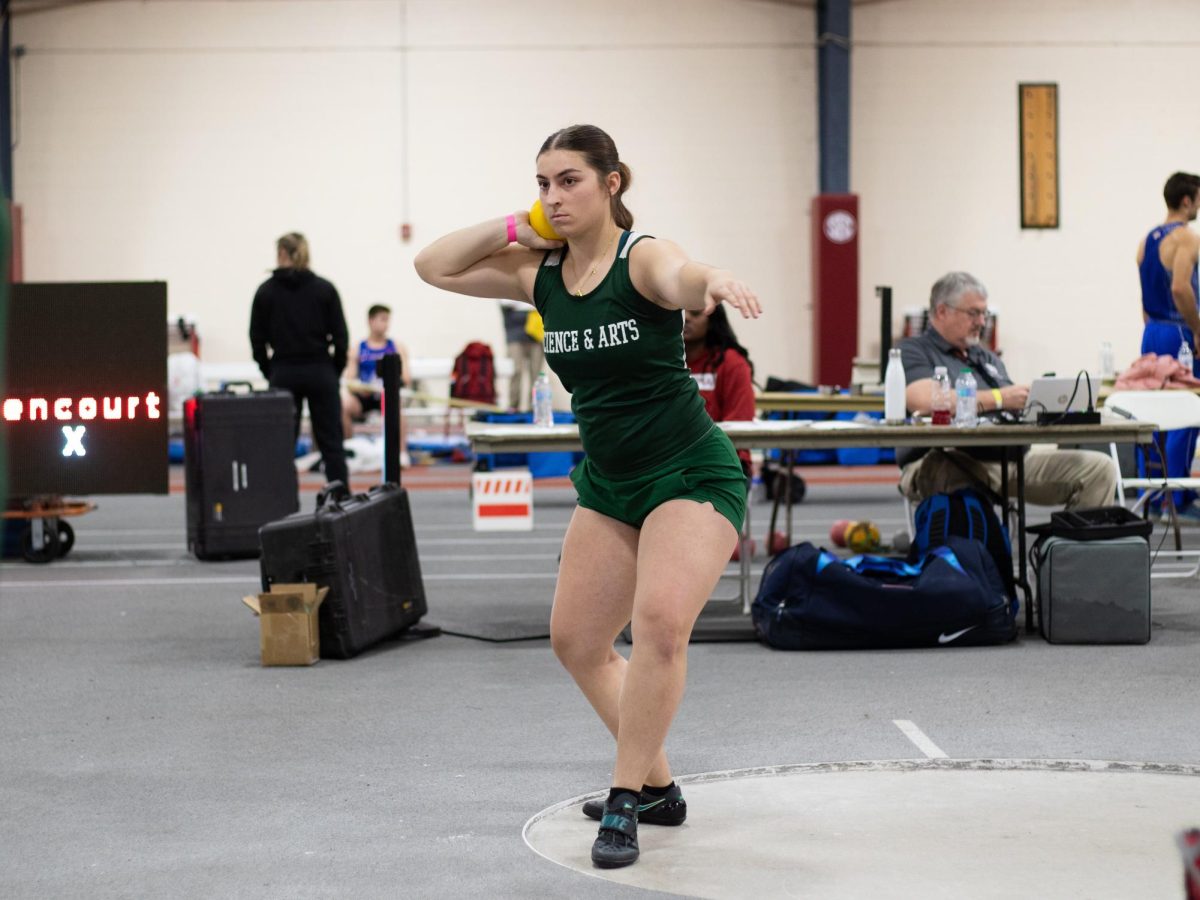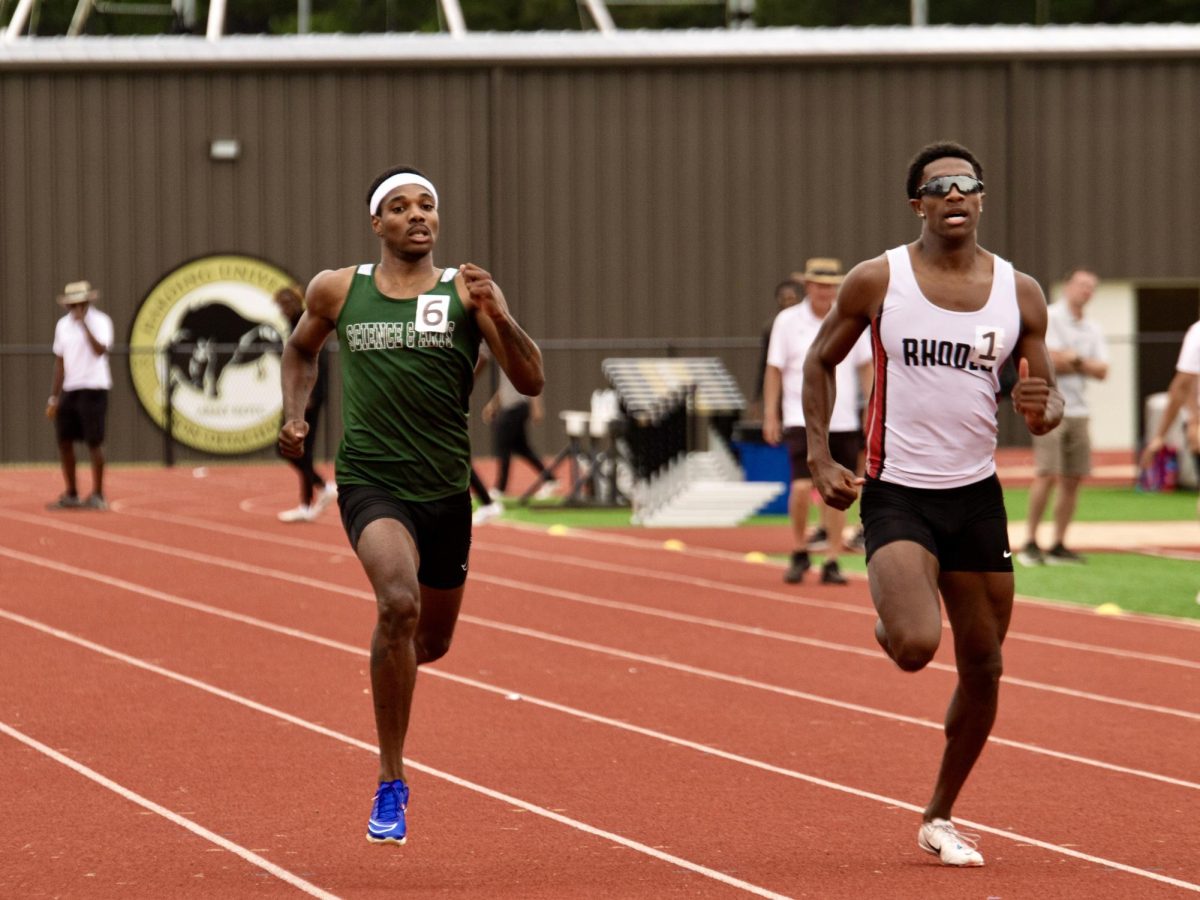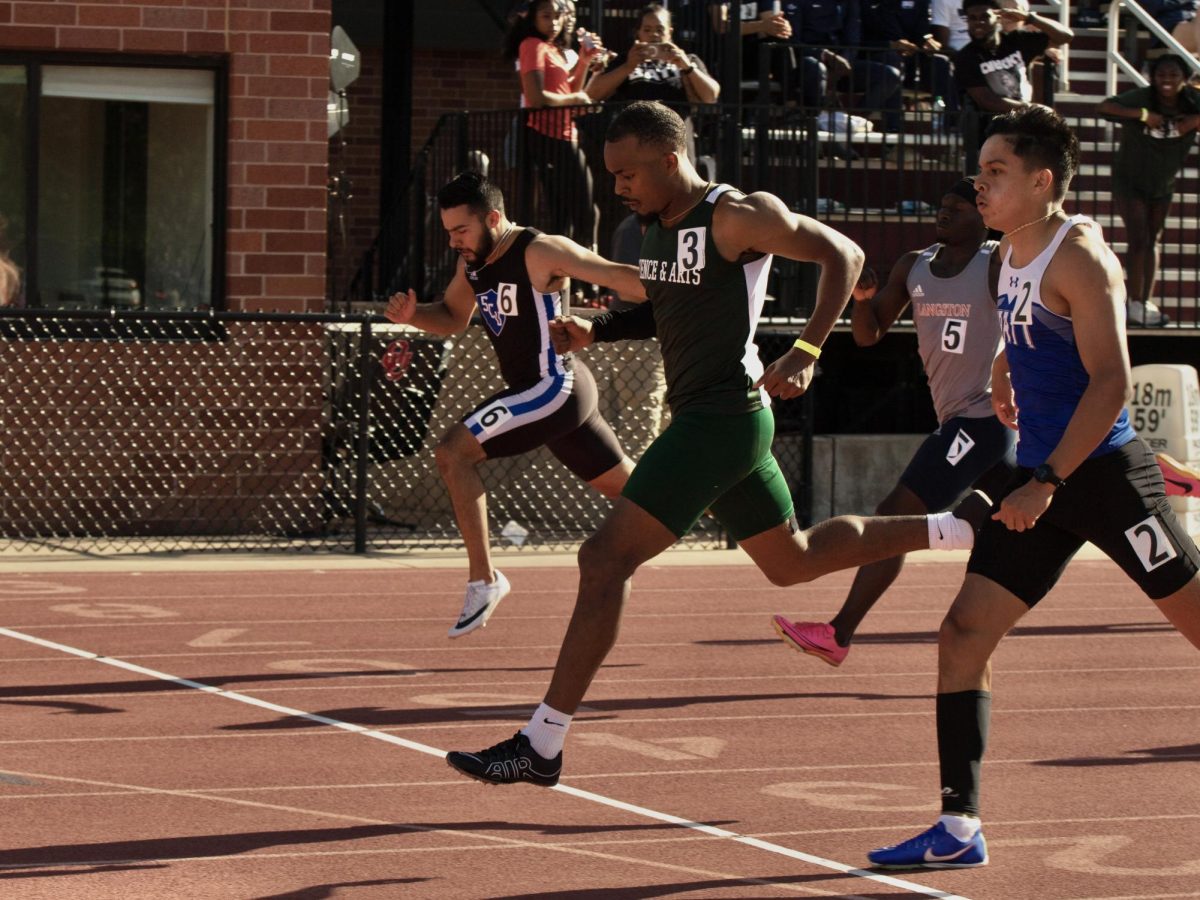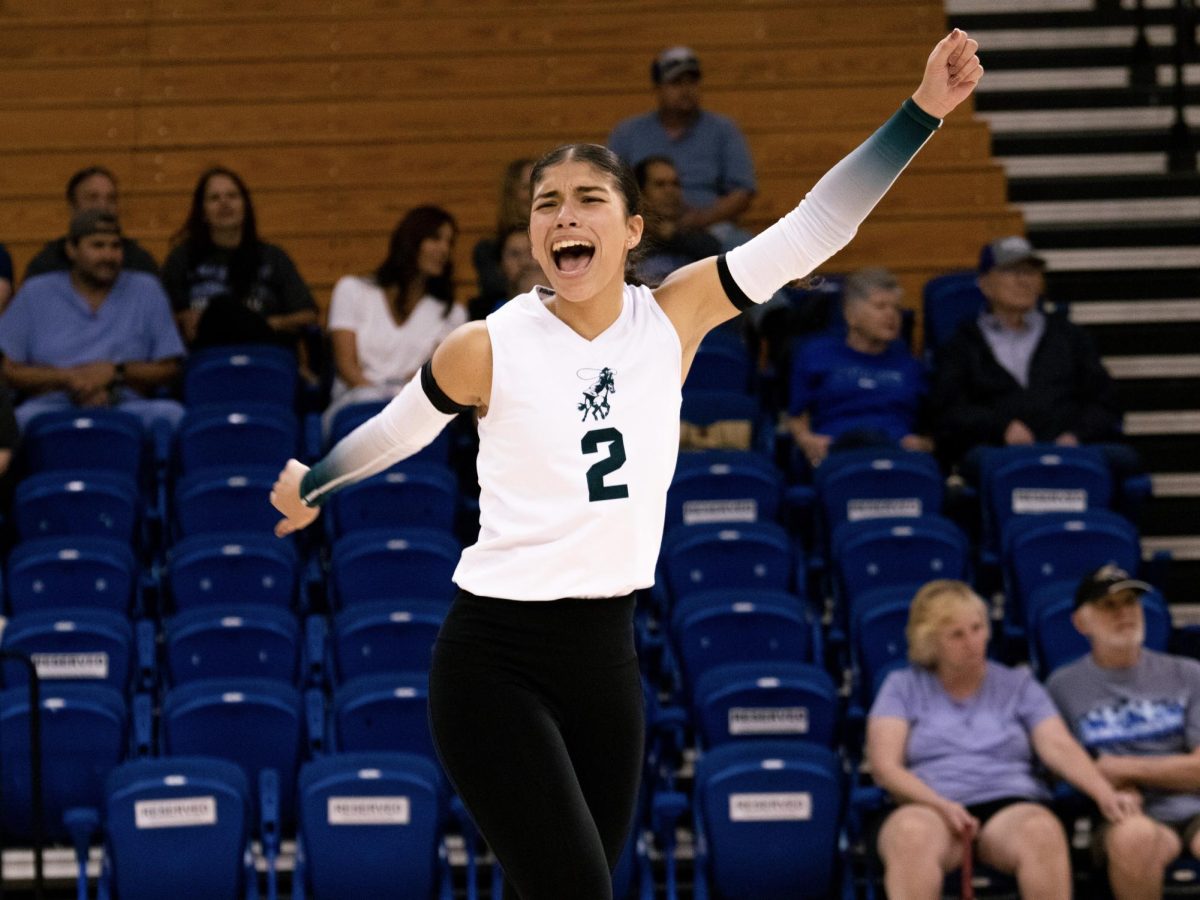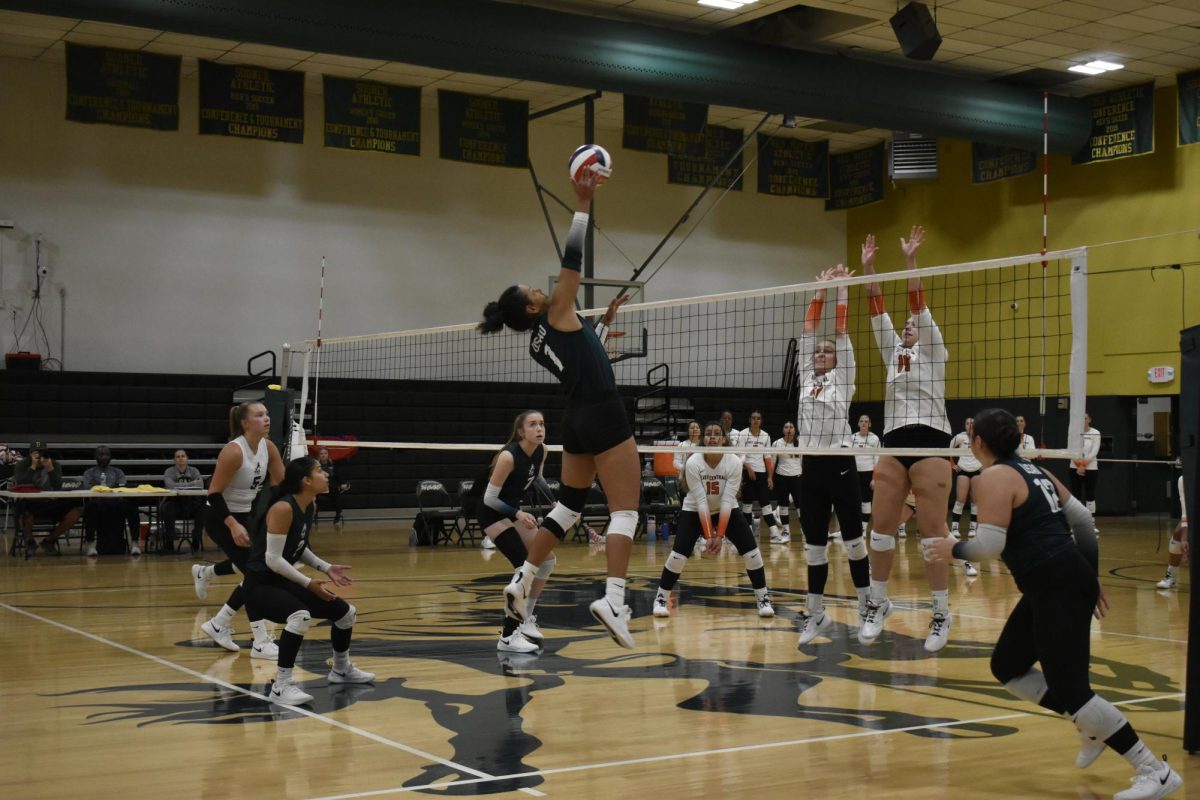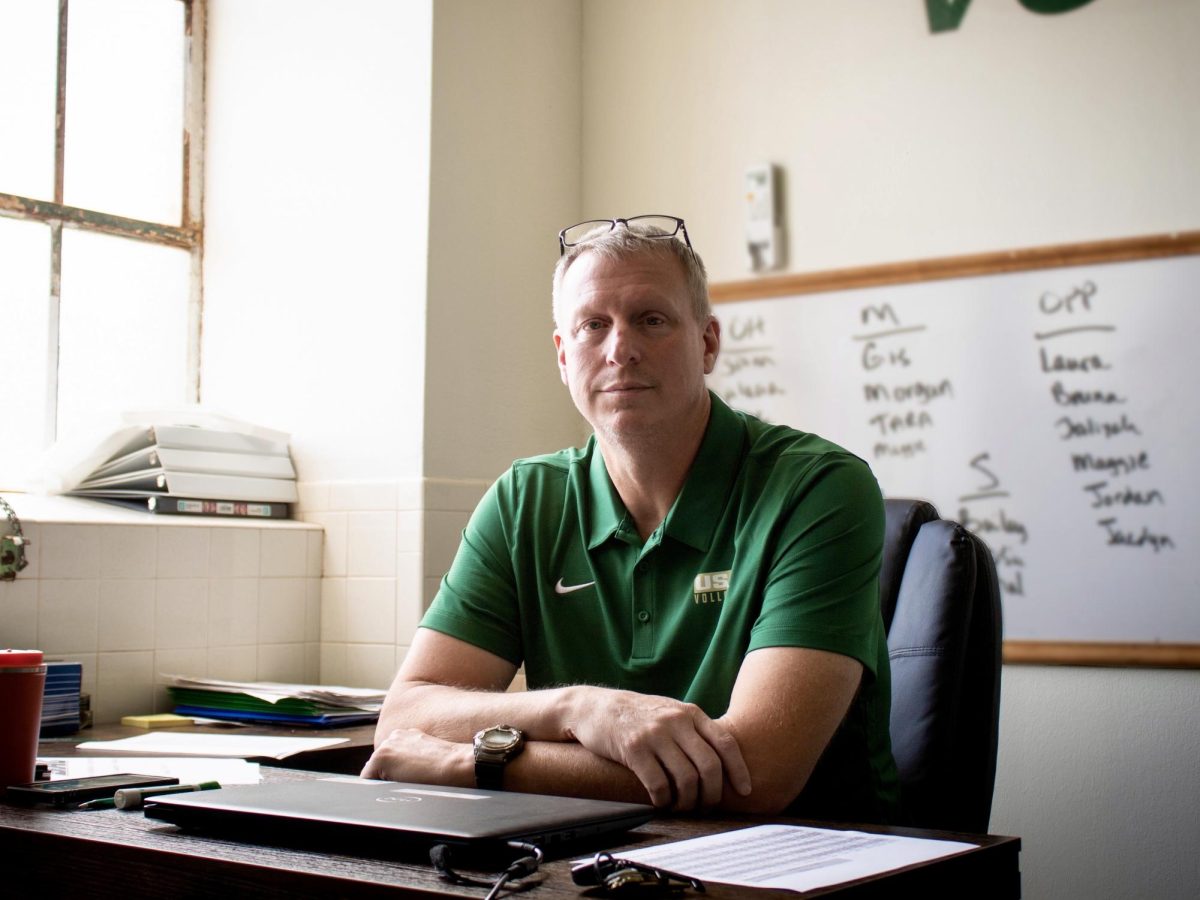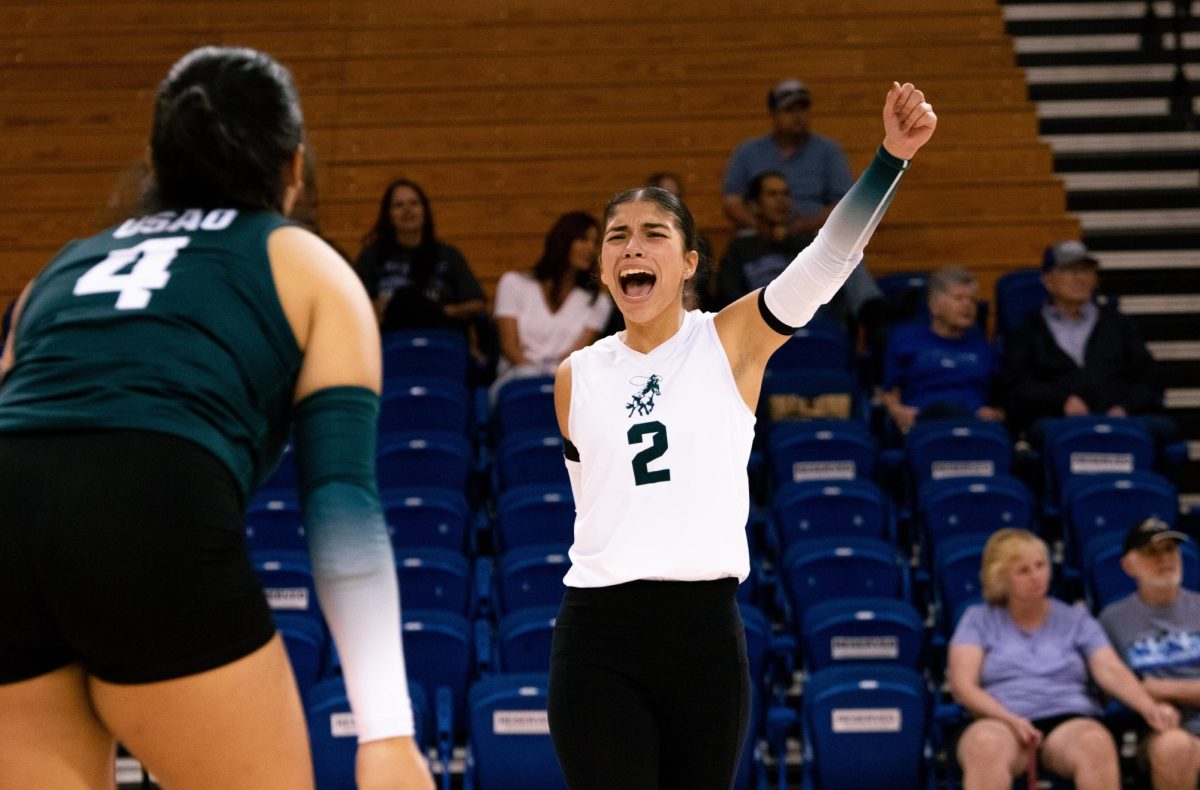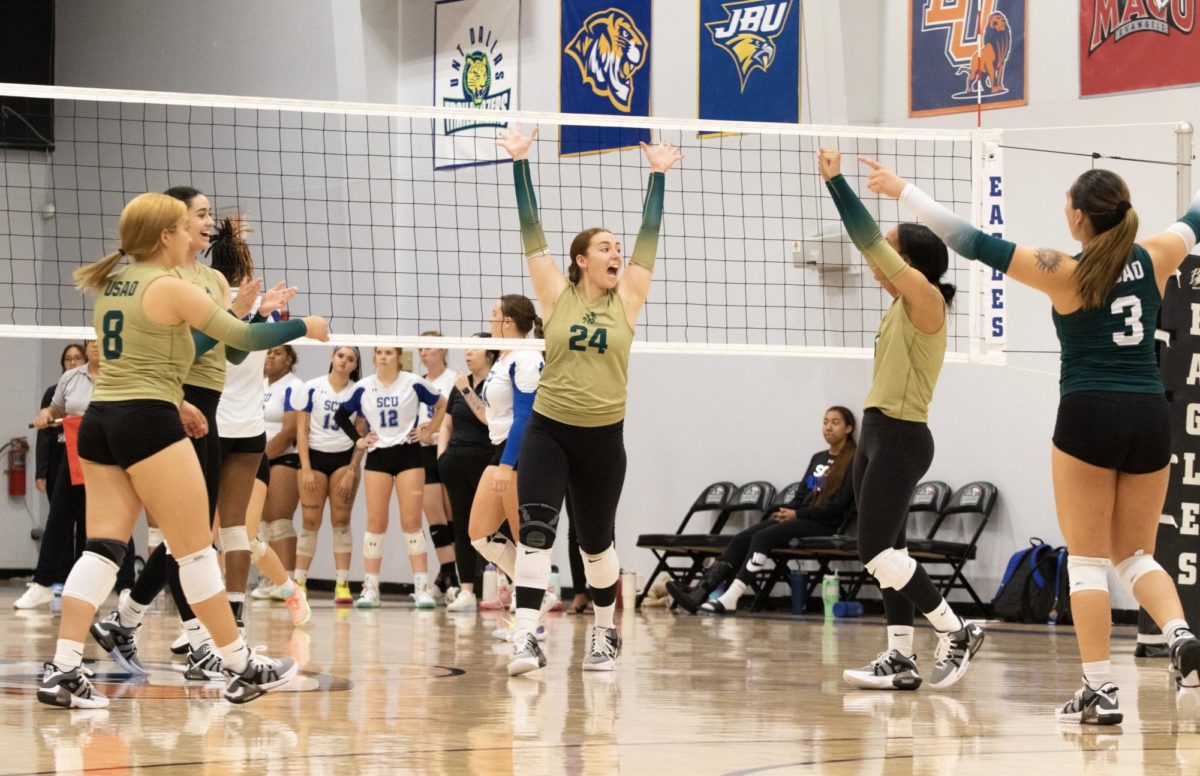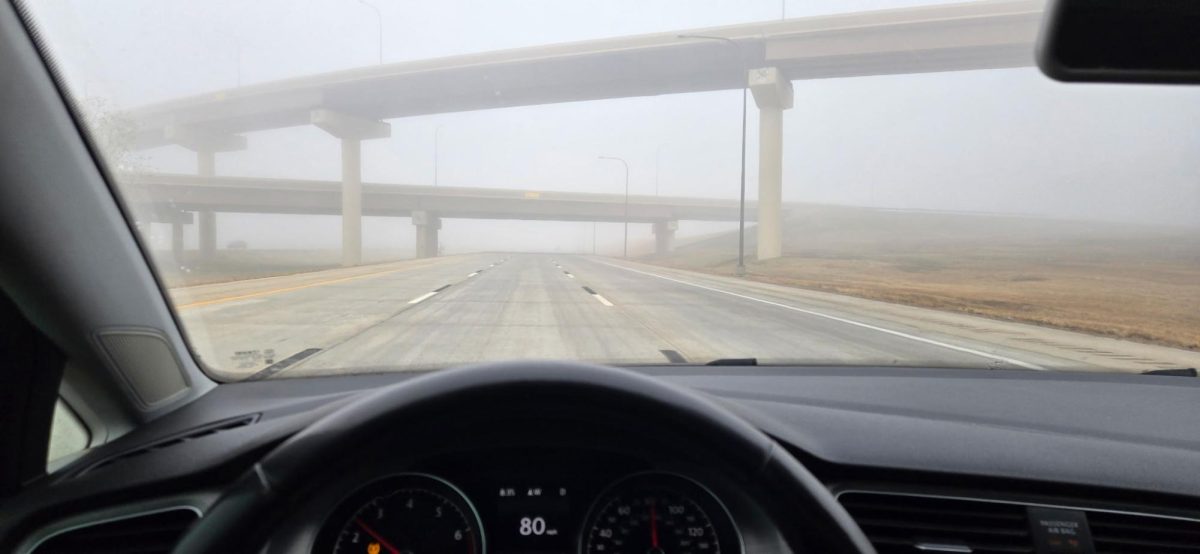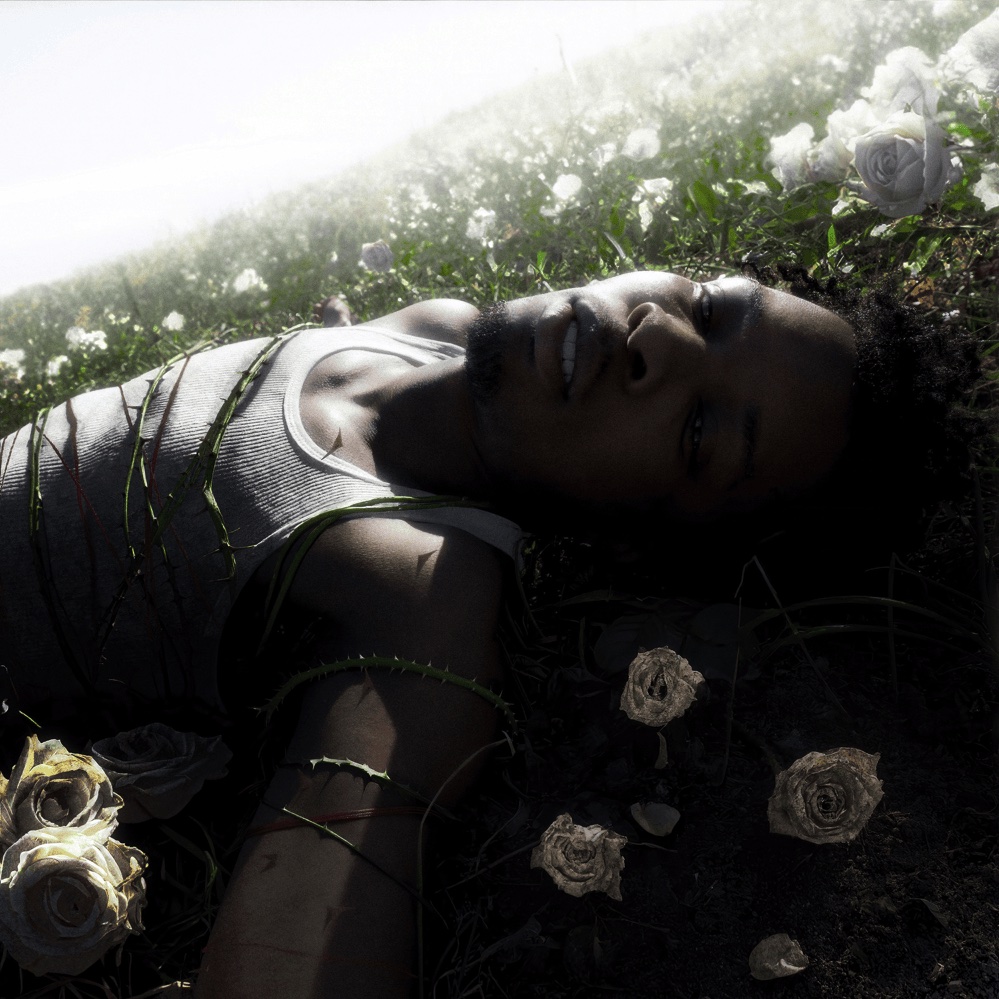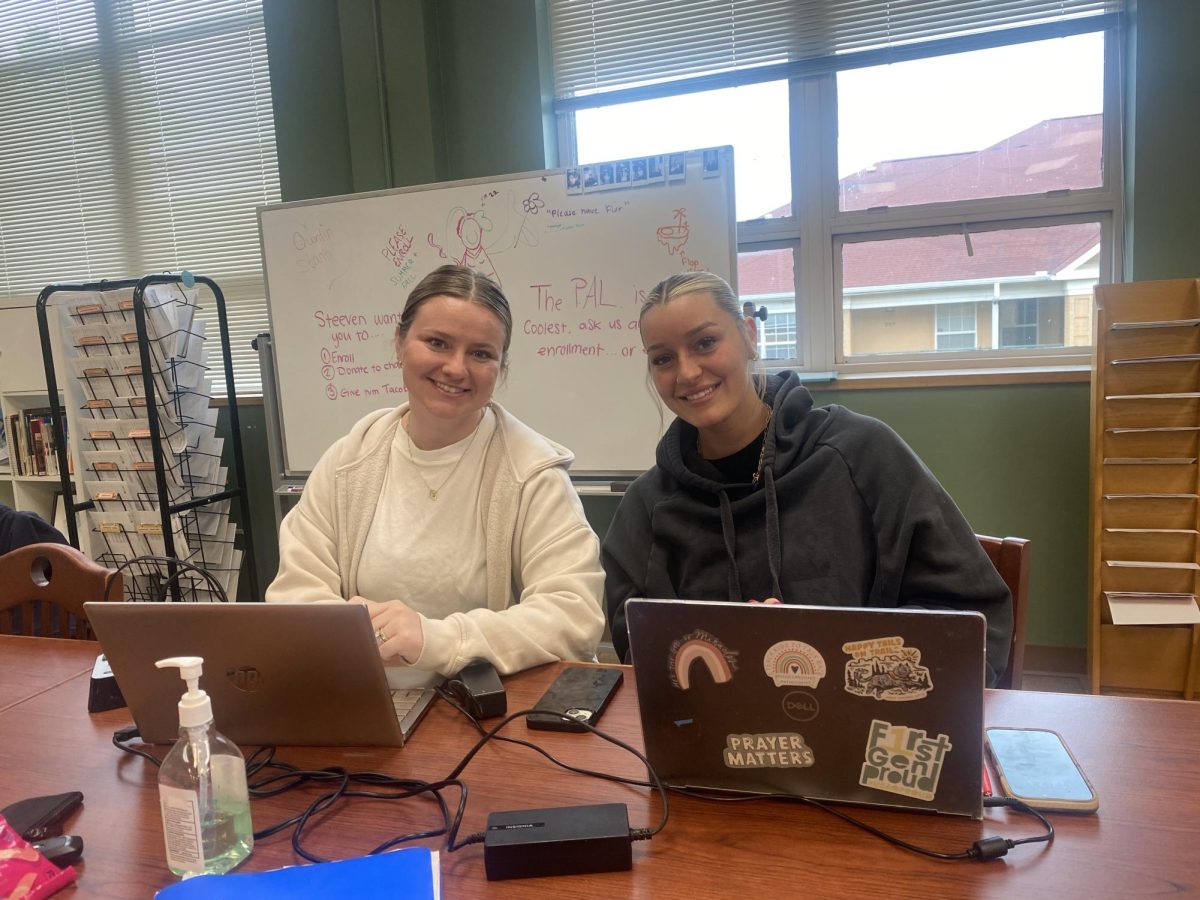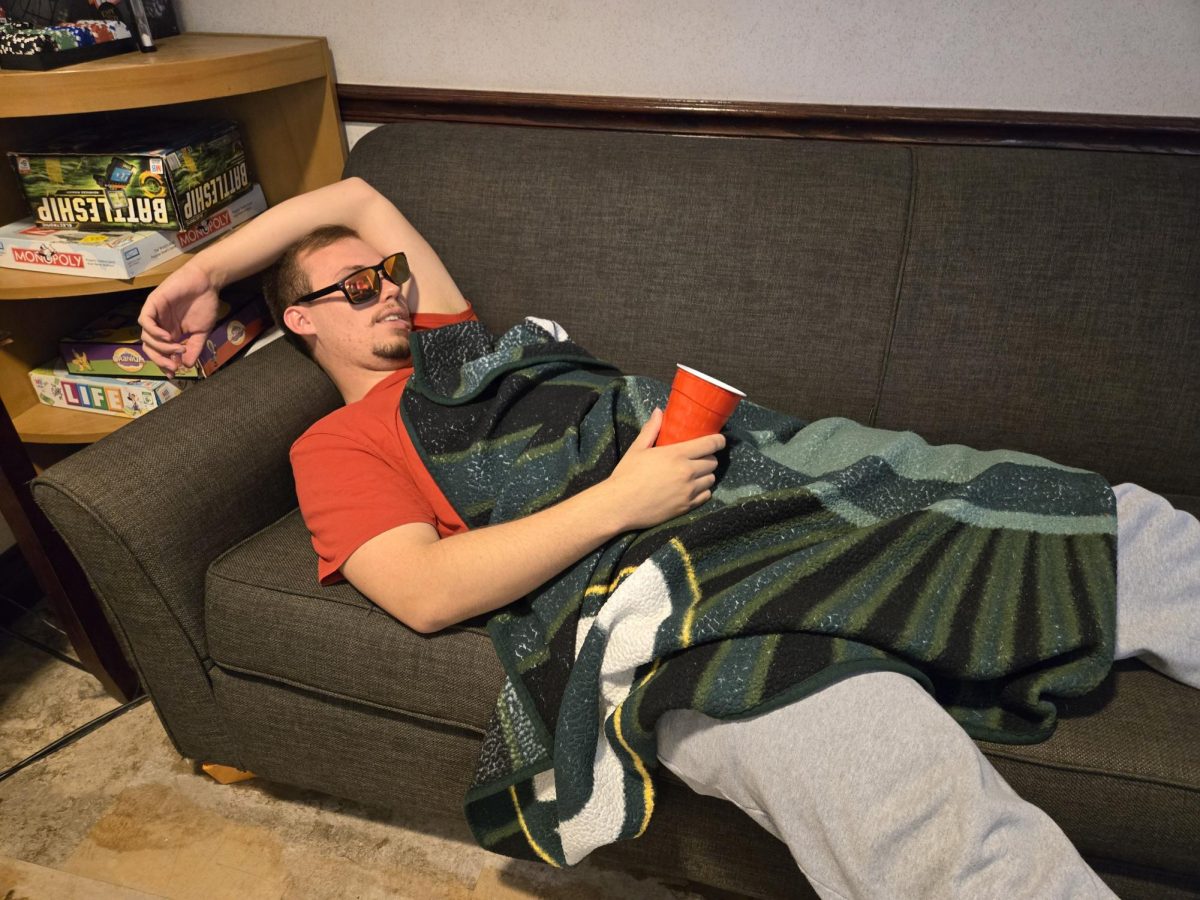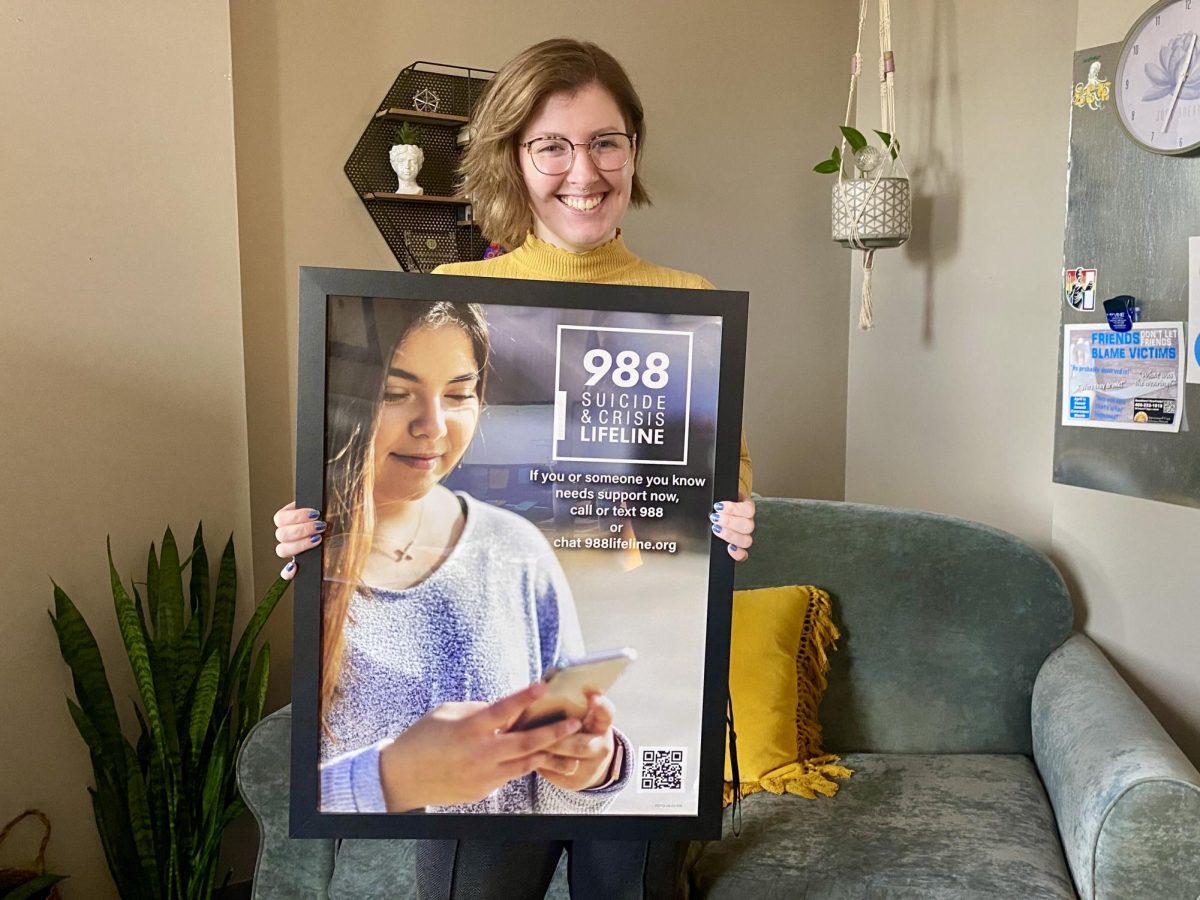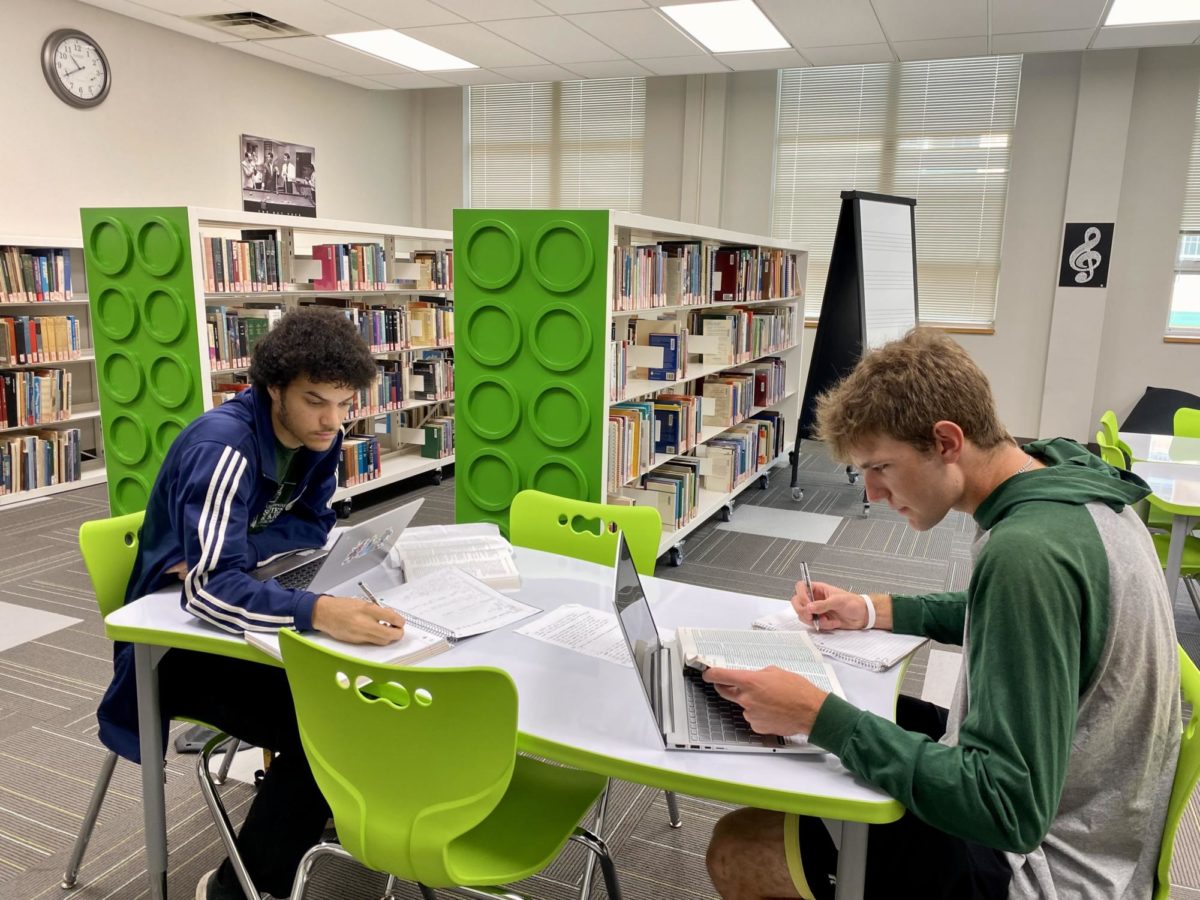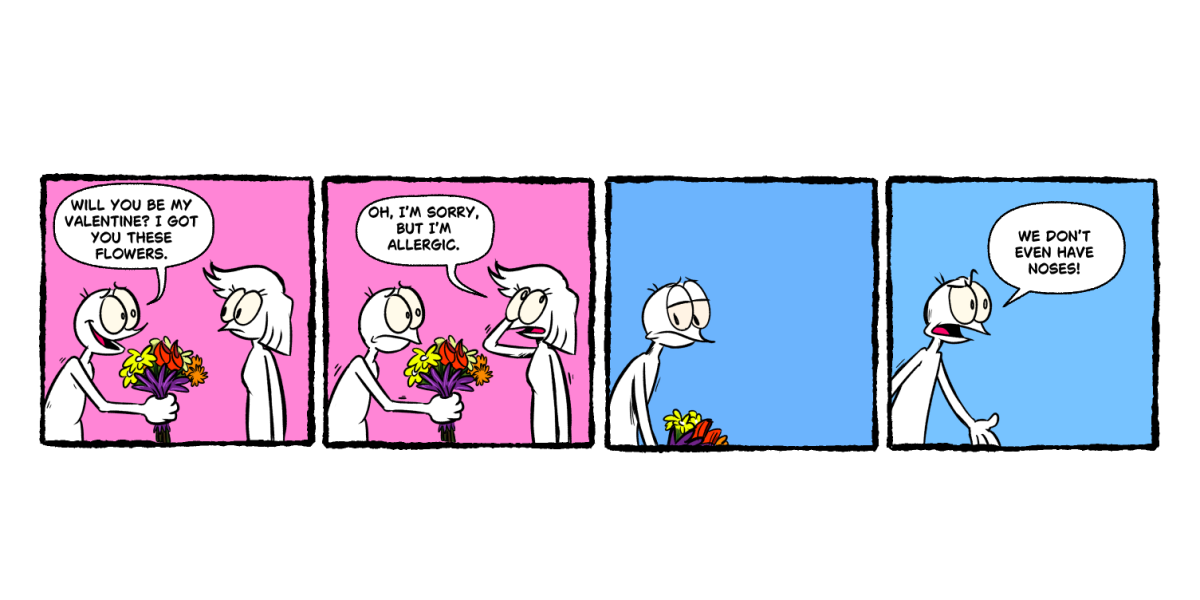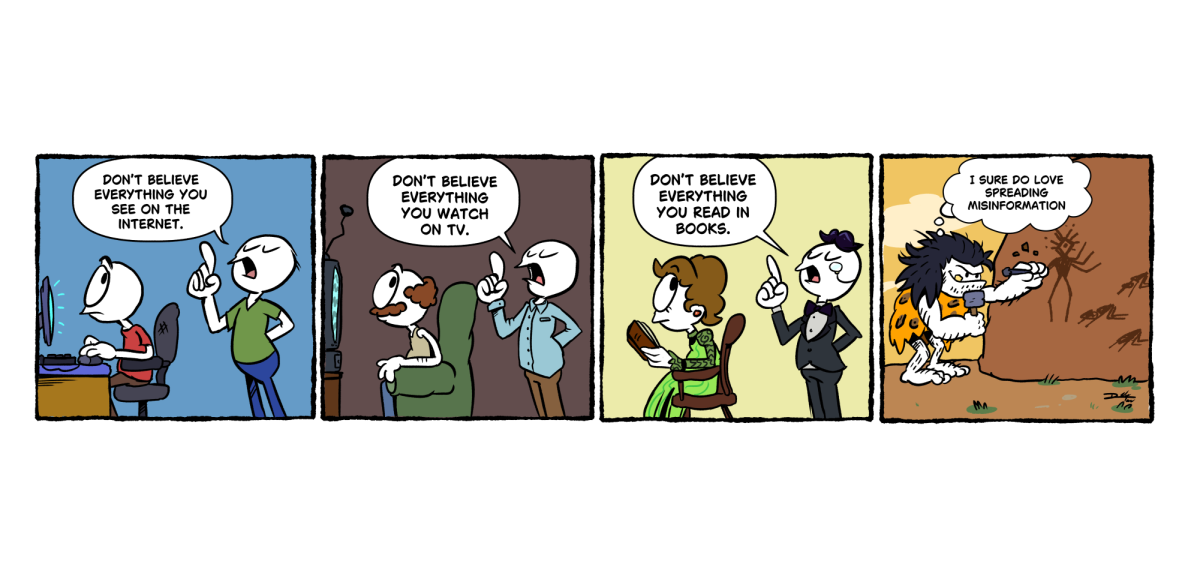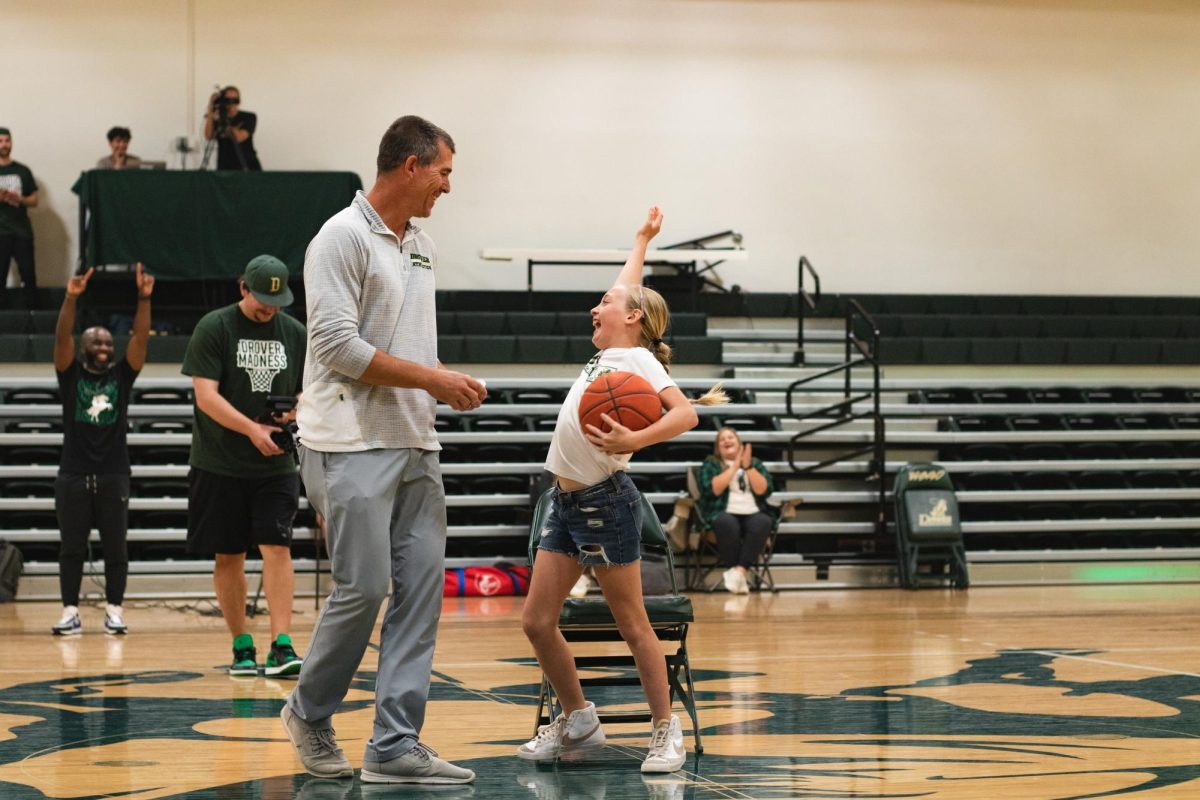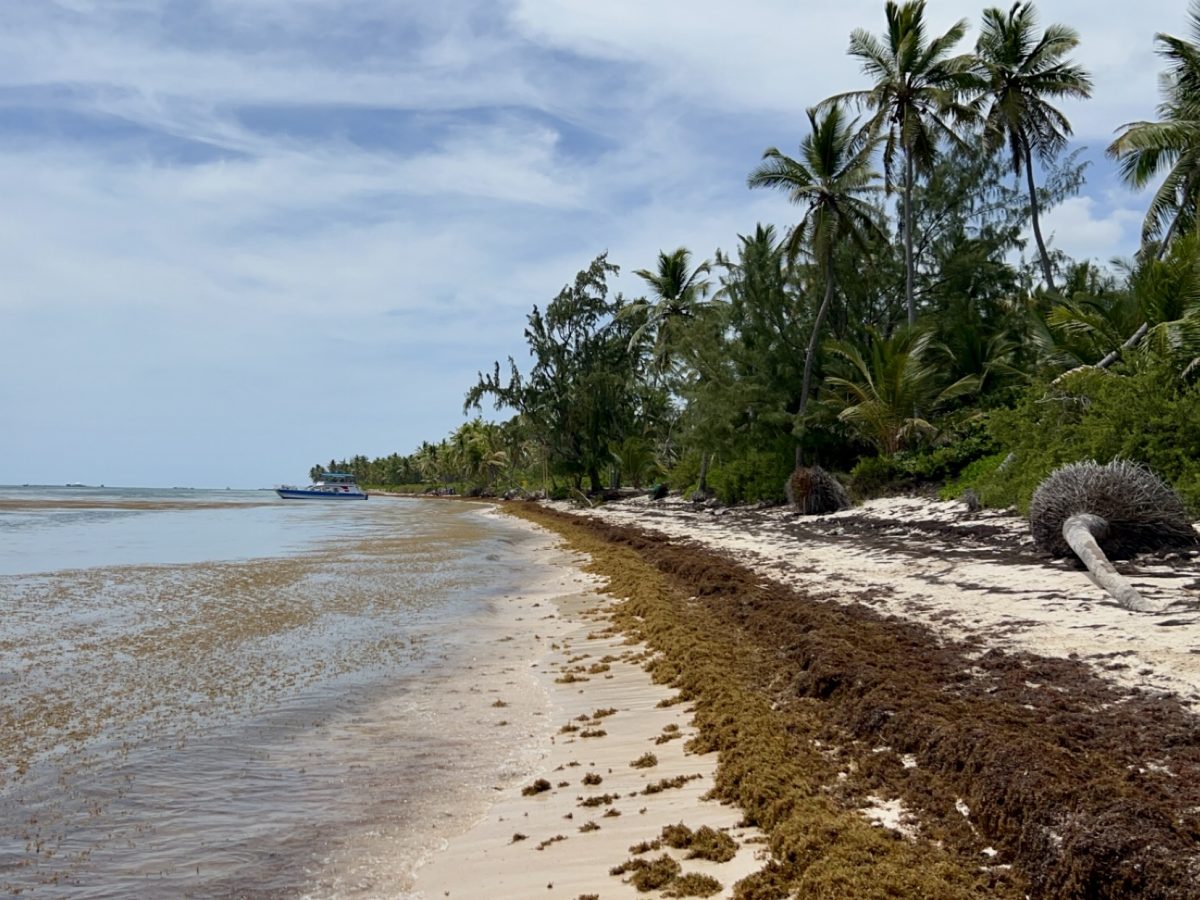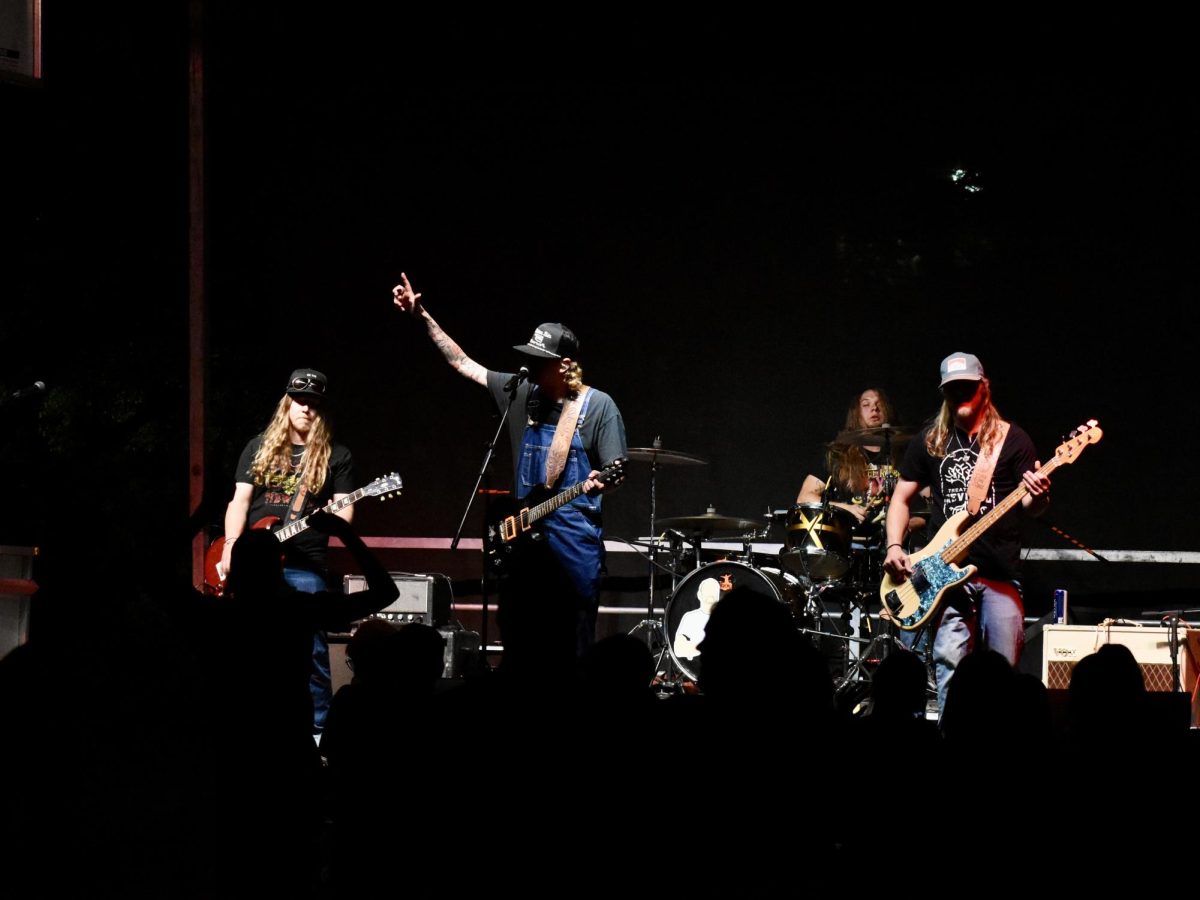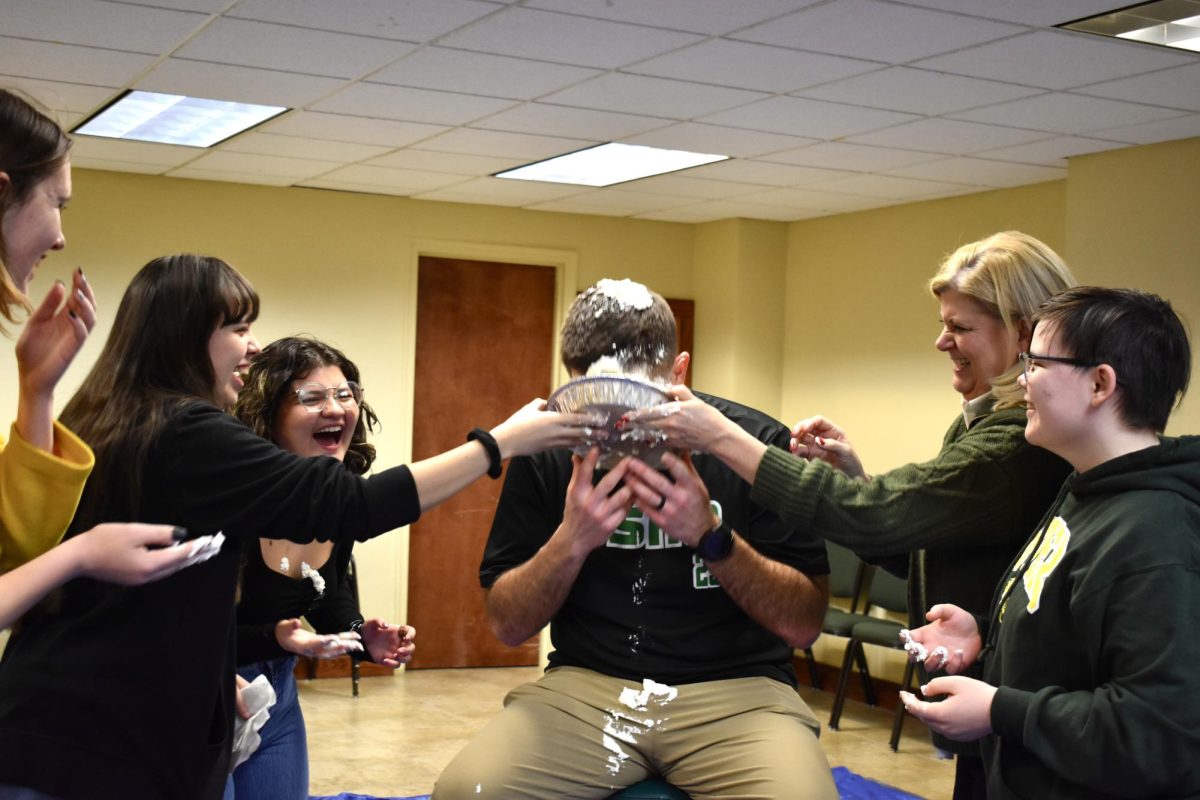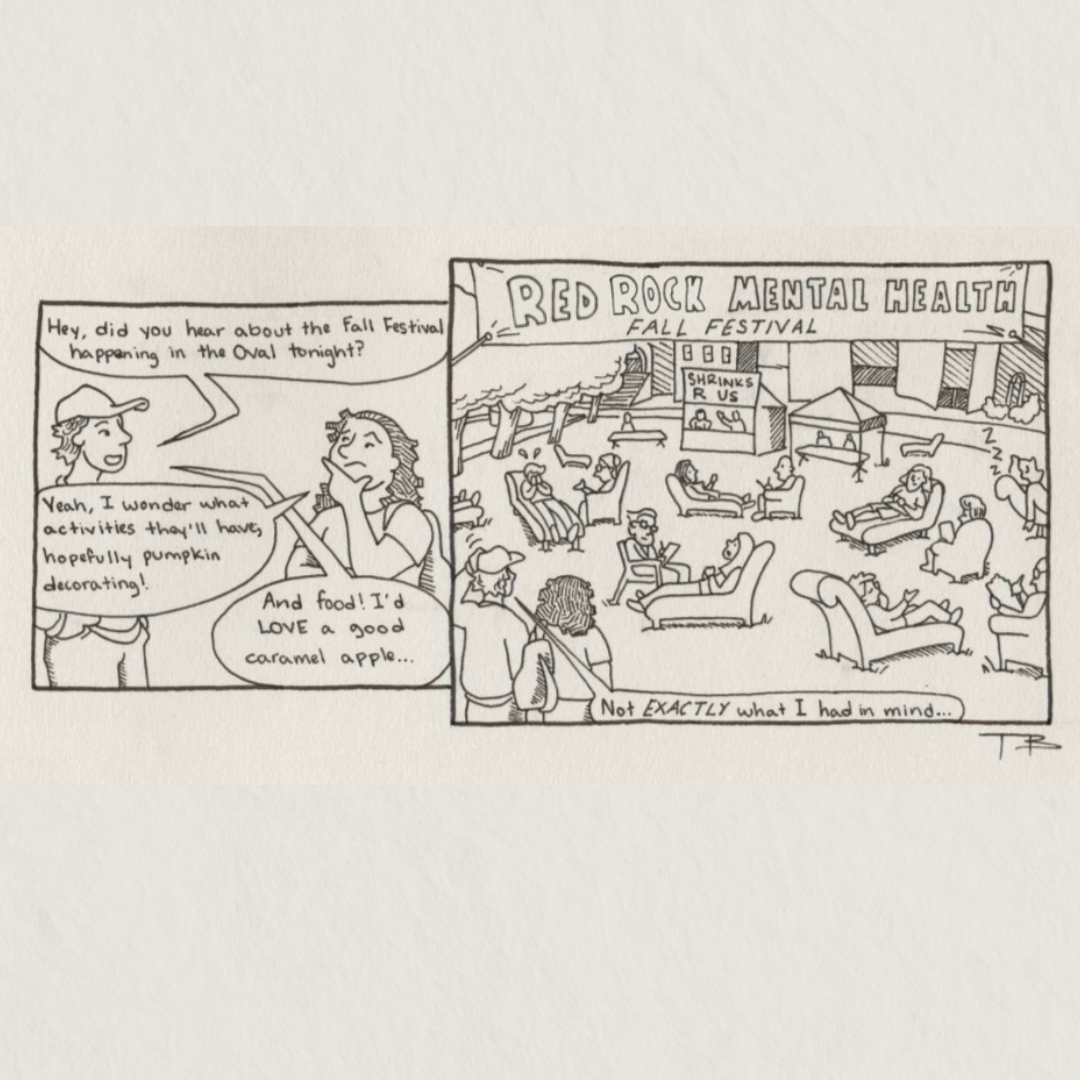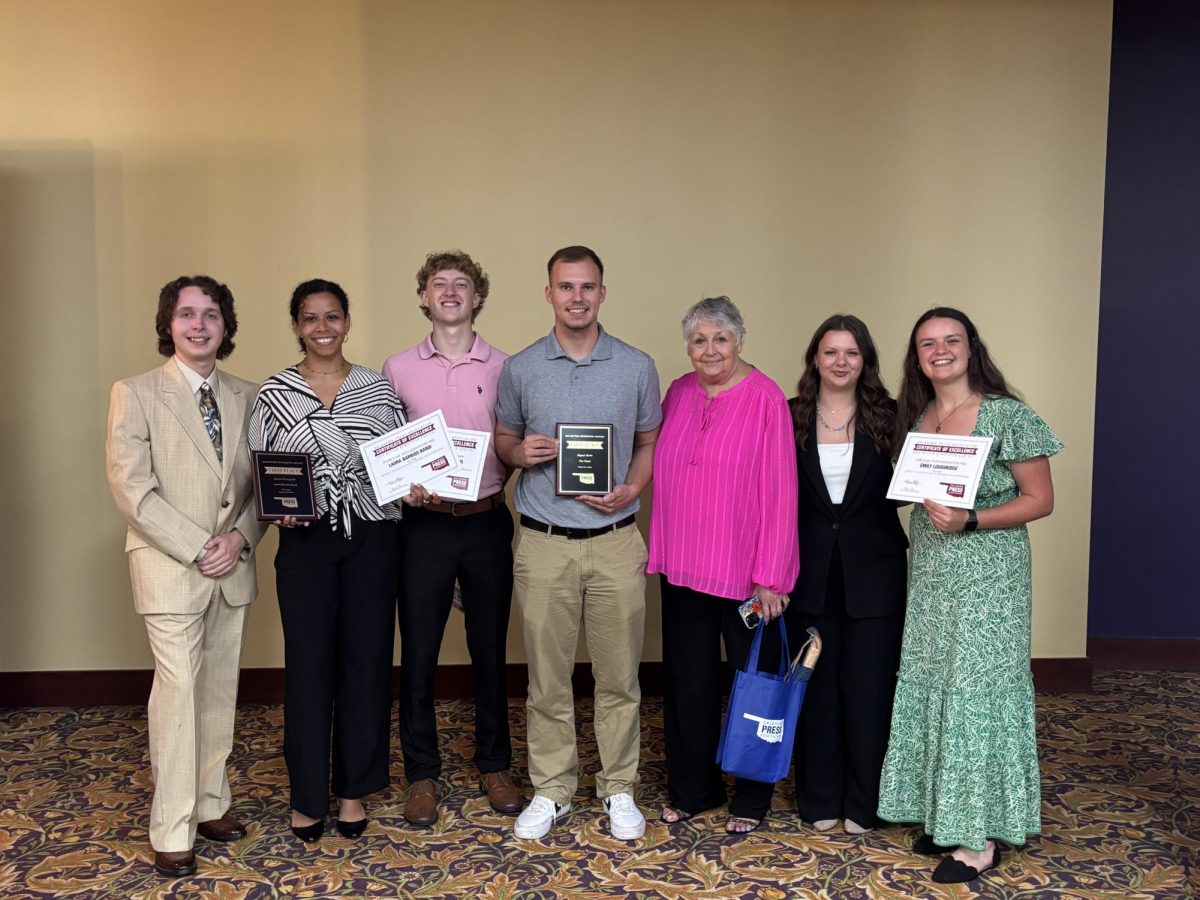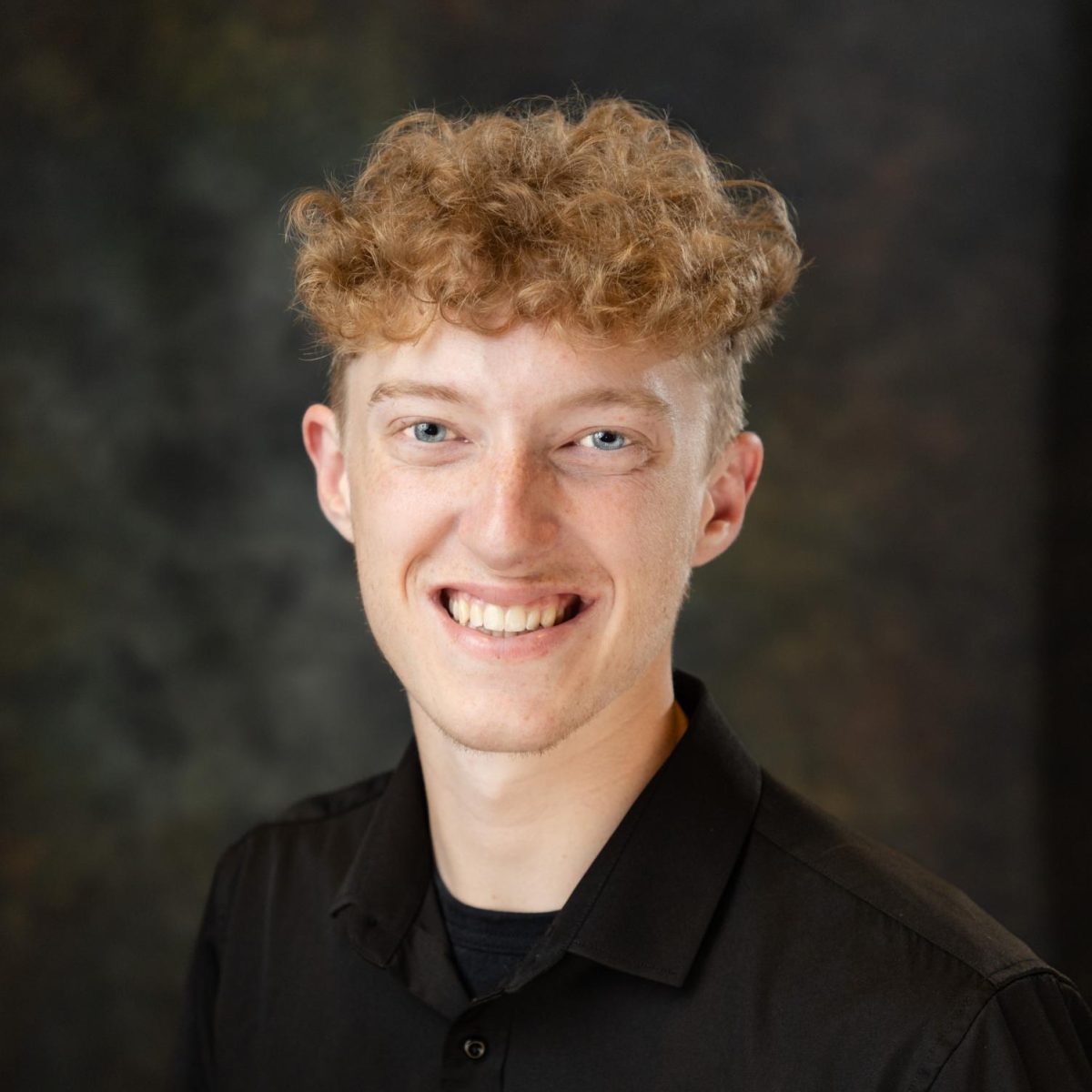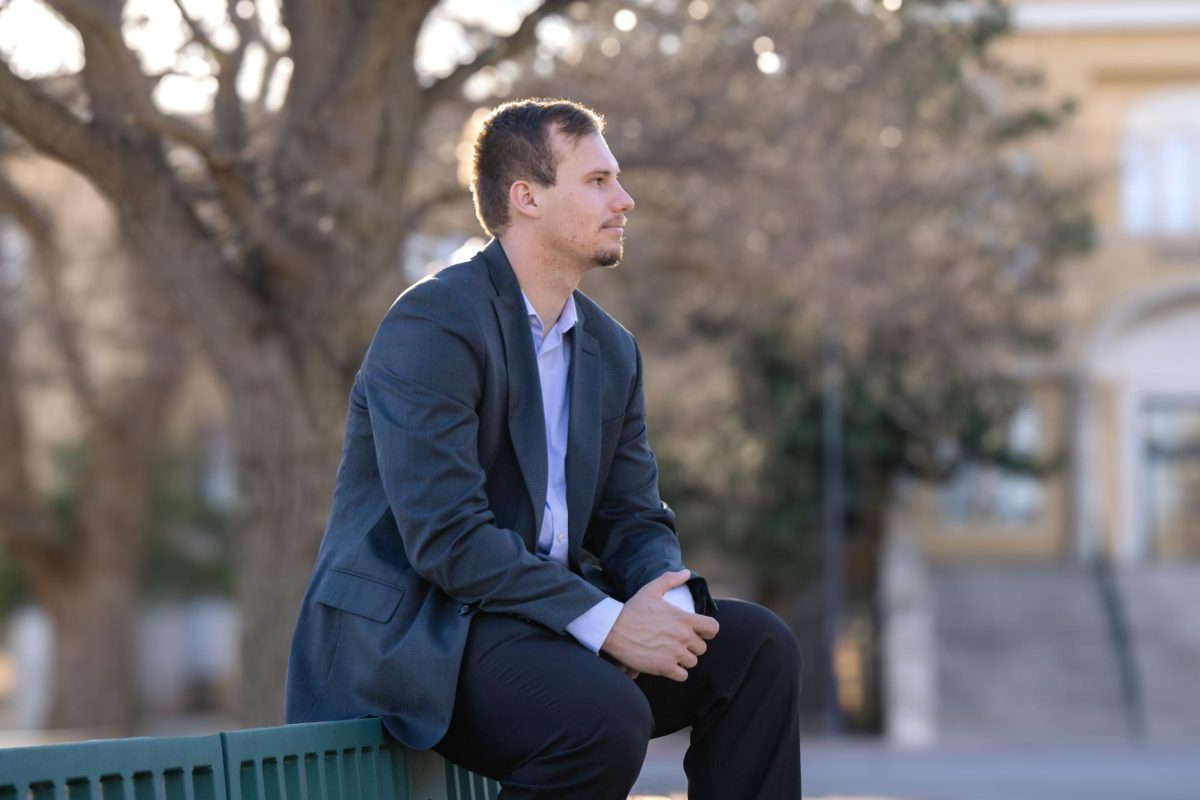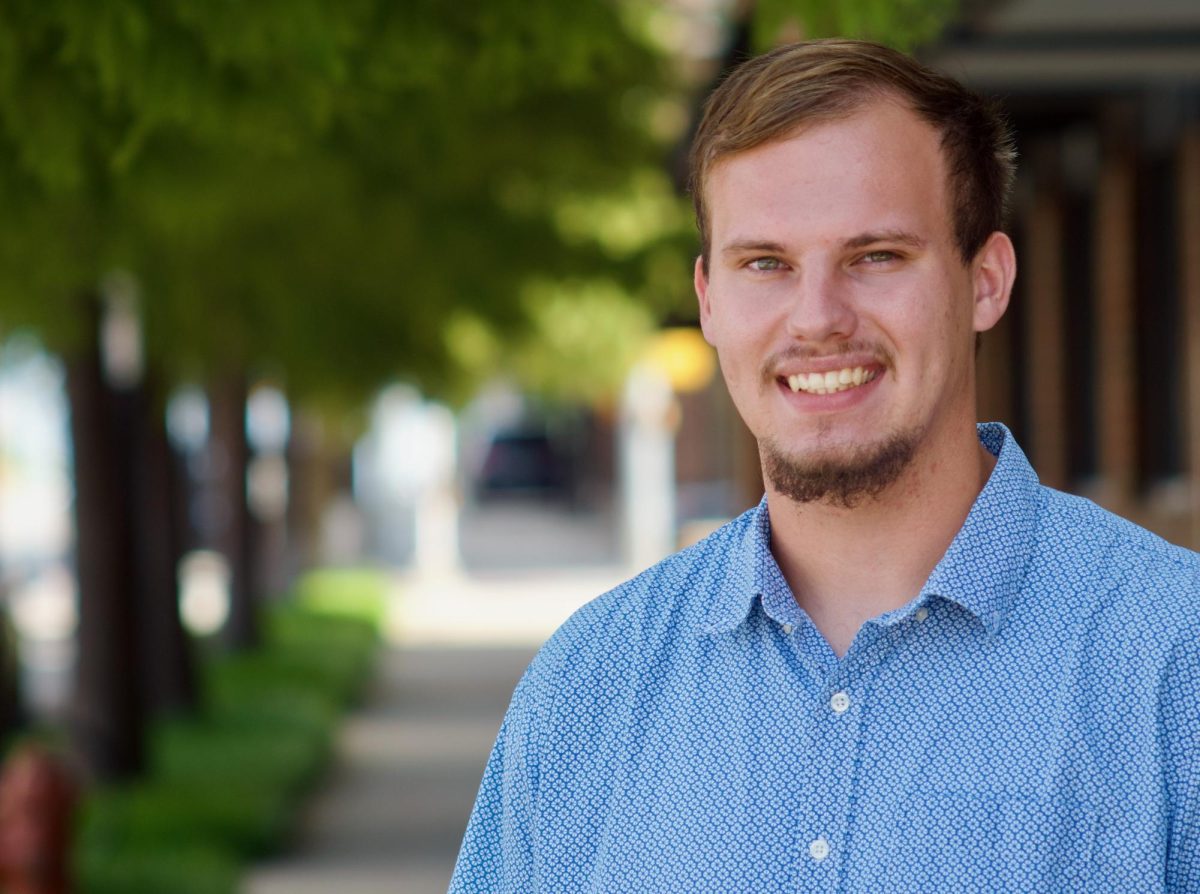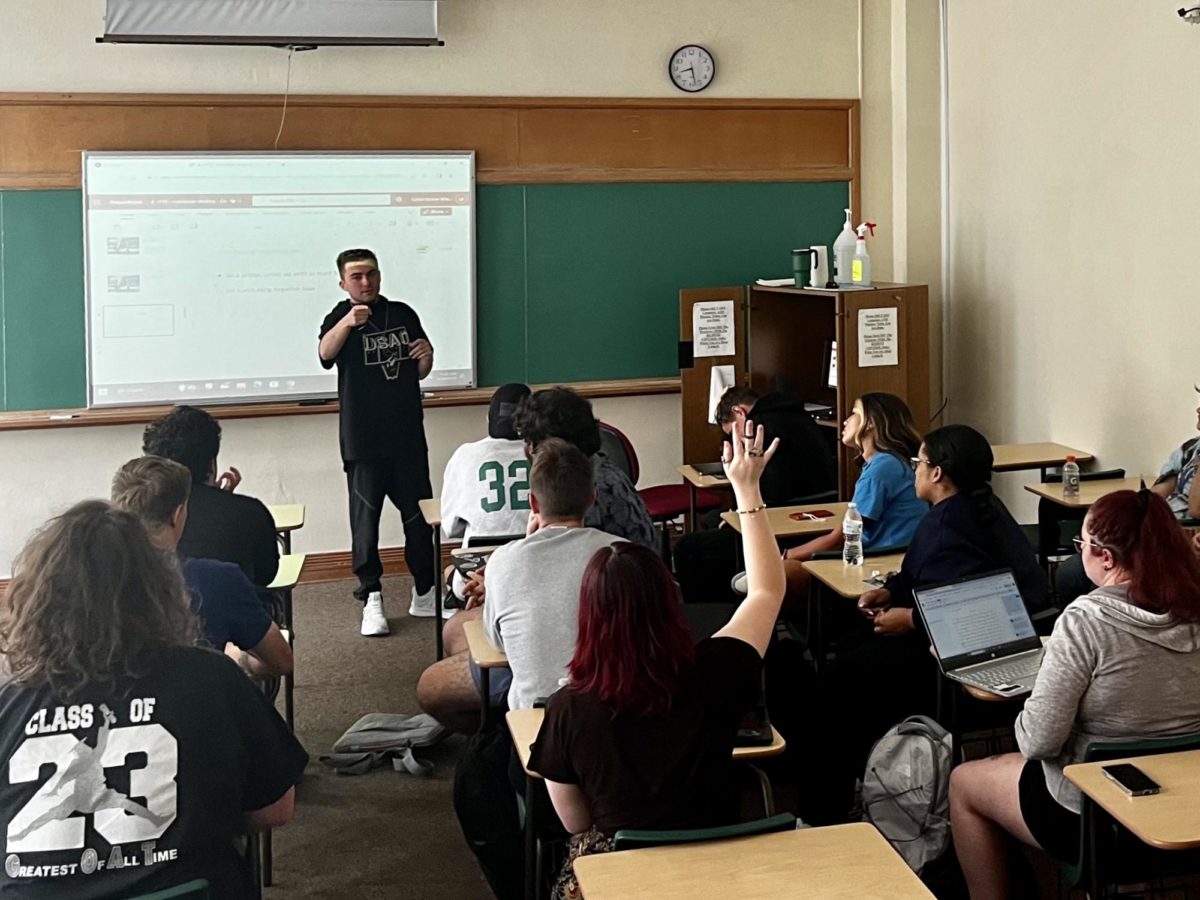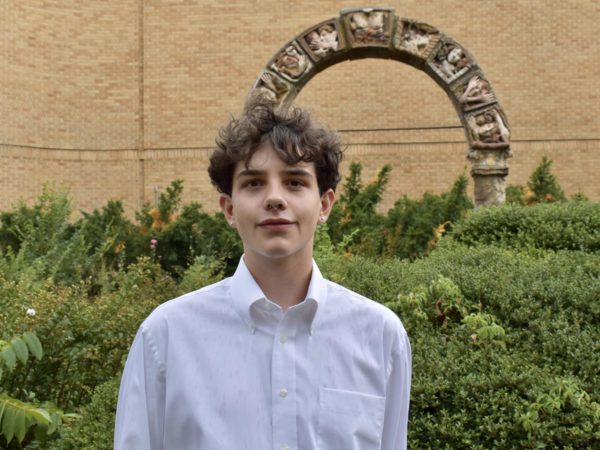The 2023 class of students receive beneficial academic and interpersonal skills from the first-year seminar course. The transition from high school to college is a significant milestone in any student’s life, whether leaving home for the first time or simply getting back into the academic groove. The freshman seminar class is designed to comfort students and provide them with skills and knowledge to not only thrive in their academic journey but also outside the classroom among their peers.
Dr. Brenda Brown, dean of the school of interdisciplinary studies and humanities, tested the course as an experiment in the fall of 2022. USAO has since seen significant success in how students choose to navigate the next four years with a 22% increase in persistent rates, defined as the percentage of students enrolled in the fall term of that year who returned the following fall, from fall 2022 to fall 2023. She said that USAO has obtained a 71% persistent rate as opposed to a 58% previously.
“I think it’s important for them to understand as a freshman what they’re getting at USAO that’s different from everywhere else,” Dr. Brown said. “You’re not getting just a first-year seminar that’s focused on success, but you’re getting a first-year seminar that’s focusing on how do you think? How do you think critically? How do you see the world through different perspectives? How do you look at different topics, not just from one point of view, but from a multitude so that you have more empathy, more understanding, more sympathy, more inclusivity, and more understanding of diversity?”
The course is set up in such a way that each individual professor is responsible for how they teach the class, allowing for focus on certain areas deemed important.
“You’re really allowed as a teacher to teach in a way we want students to feel comfortable in college, understand what college is, and understand what USAO is,” Carter Devine-Billen, first year seminar instructor, said. “Everyone has a different way of teaching it, and to be honest, just trying to give them a safe space, you know, a place where you can kind of get rid of your stress because that first year in college can be stressful.”
Devine said he intends to provide an enjoyable environment for students to communicate, foster community, and assist them in connecting, understanding, and growing in their surroundings. Devine said he focuses on developing leadership styles and communication skills via reflections and group work in which students can find themself and their voice.
One of the critical responsibilities assigned to students in the first-year seminar is a weekly reflection activity, designed to build self-assurance and create an environment where students may comfortably share their concerns and worries.
“The papers have been beneficial to me. Just being able to look back on the week and the things I’ve done, and have a more positive outlook, even on things that I don’t like to do. The reflection hits three points: what did you absolutely conquer this week, what thing did you accomplish, and something you were worried about,” Mason Alldredge, a freshman vocal music education and piano performance major, said. “Being able to see how you started the week and how you ended it, and the outlook on the week, has been beneficial to me.”
The first-year seminar course serves as a gateway to academic success, personal growth, and building a sense of community within the college environment through self-examination, group work, and high energy collaboration.
Ray Thomas-Lapham is a second-year communication major at the University of Science and Arts of Oklahoma.



